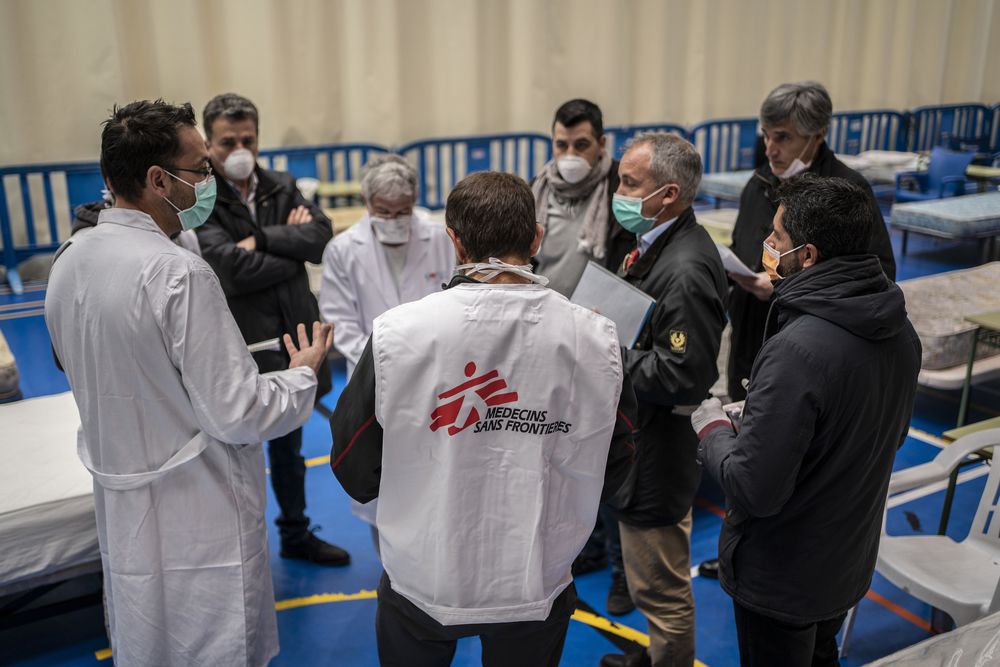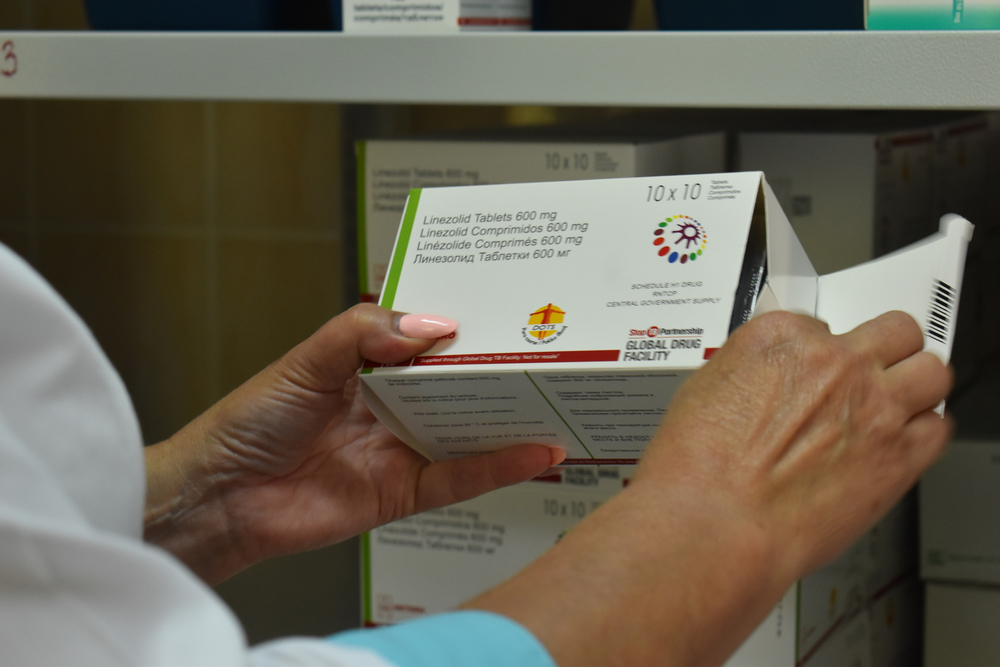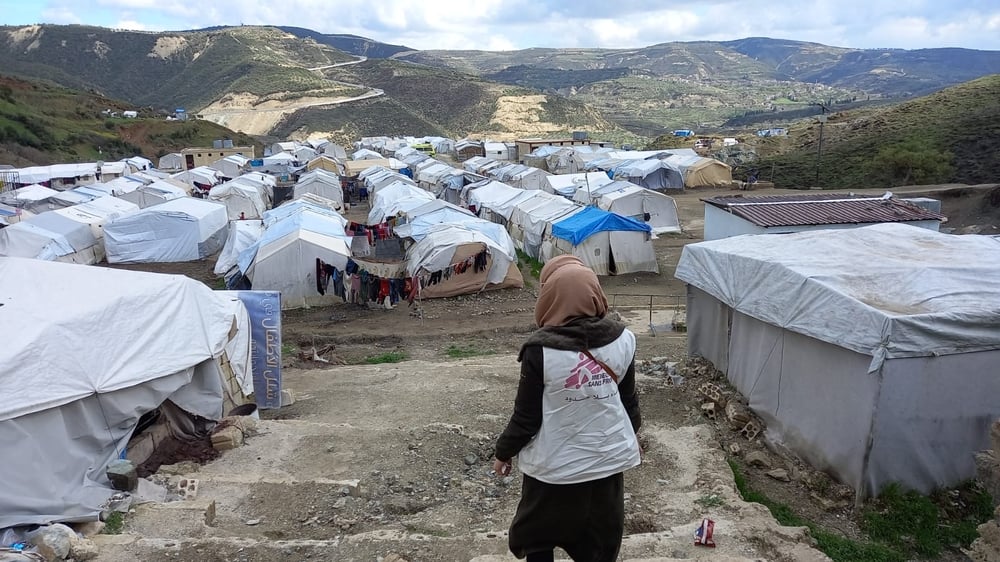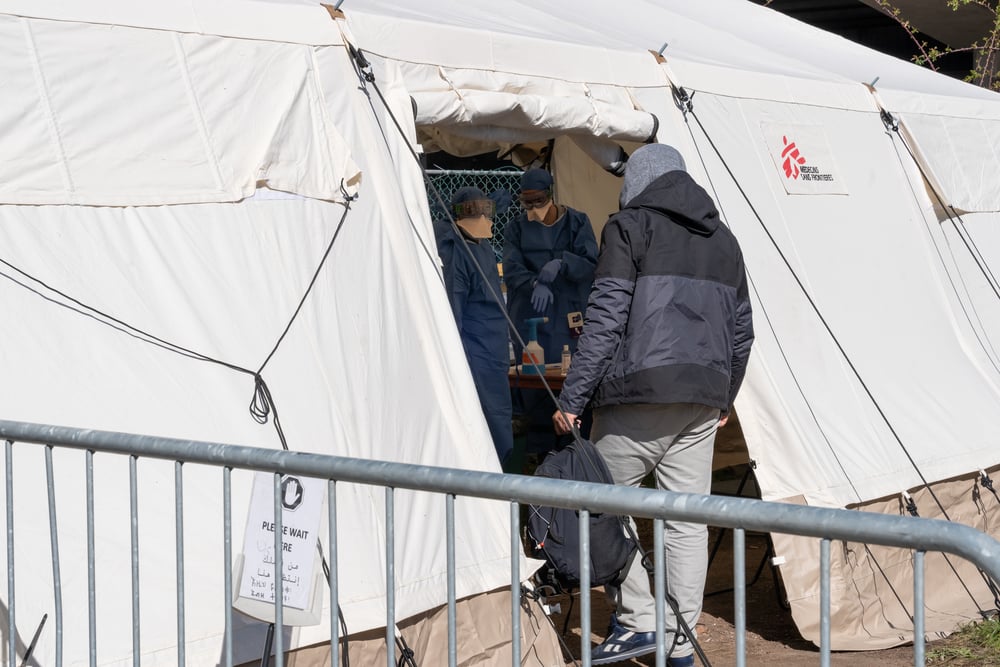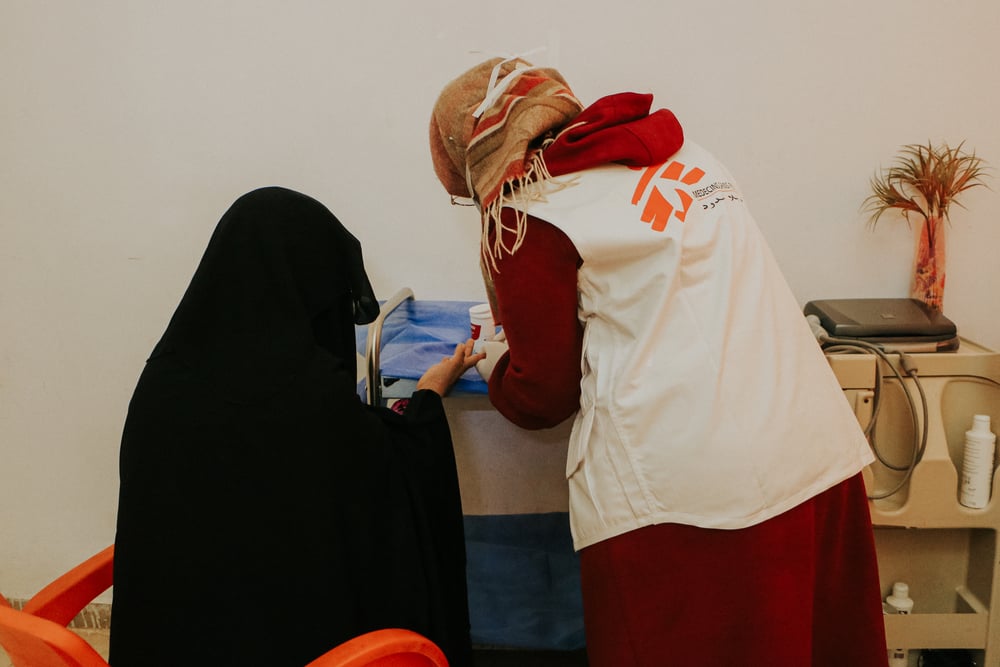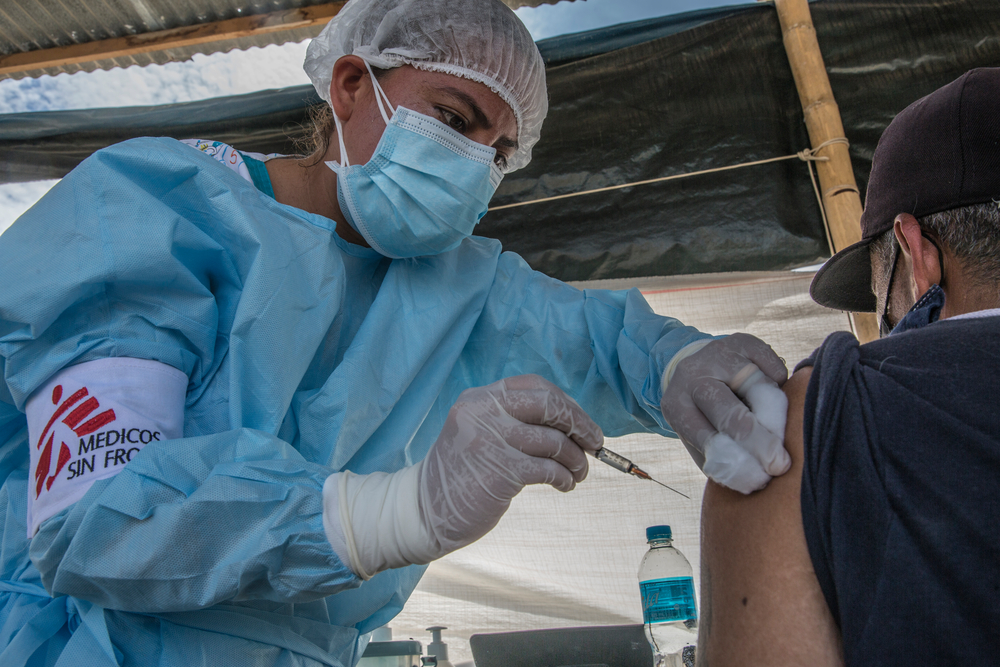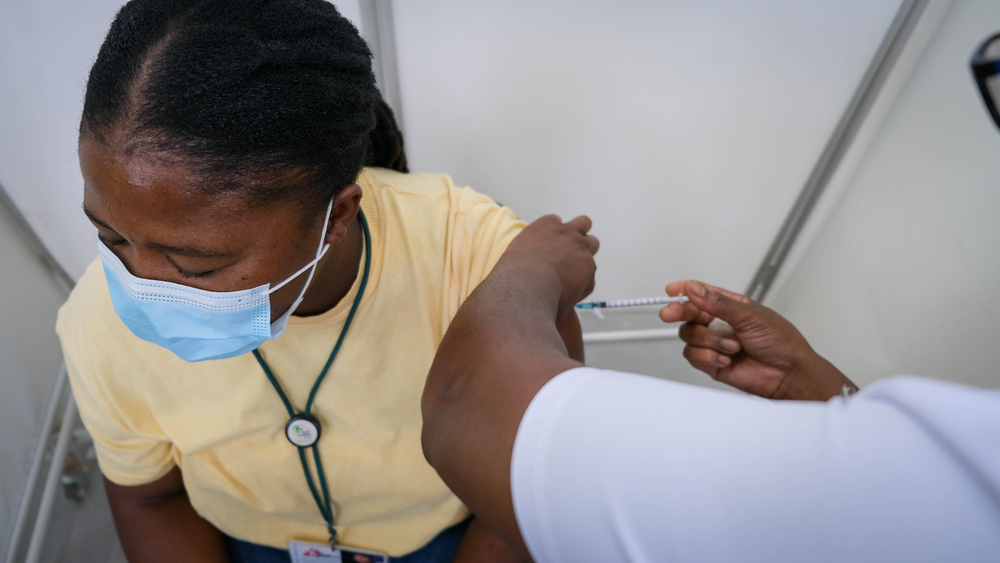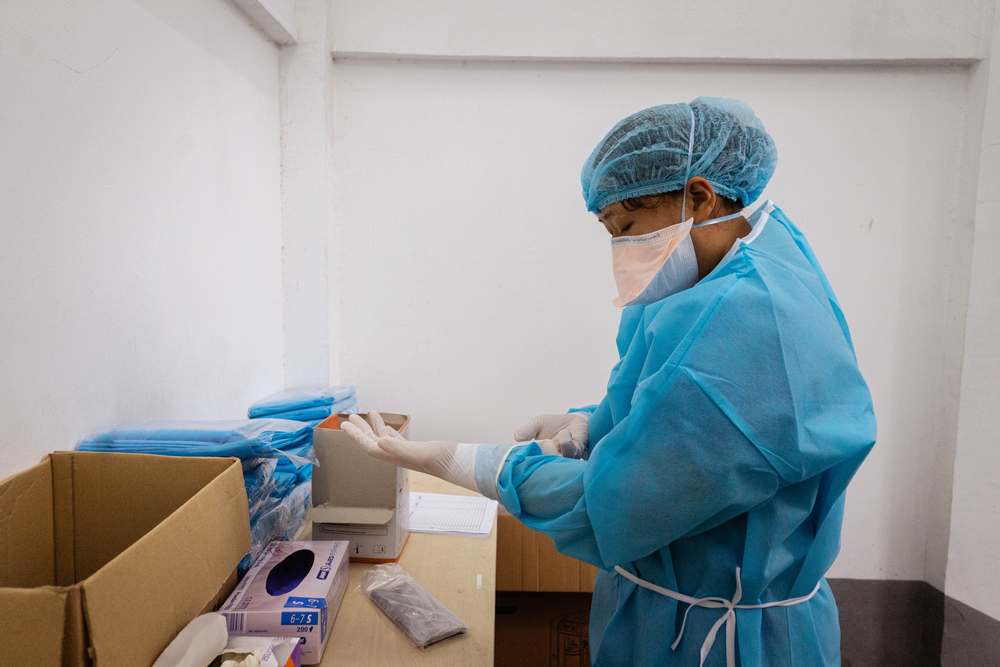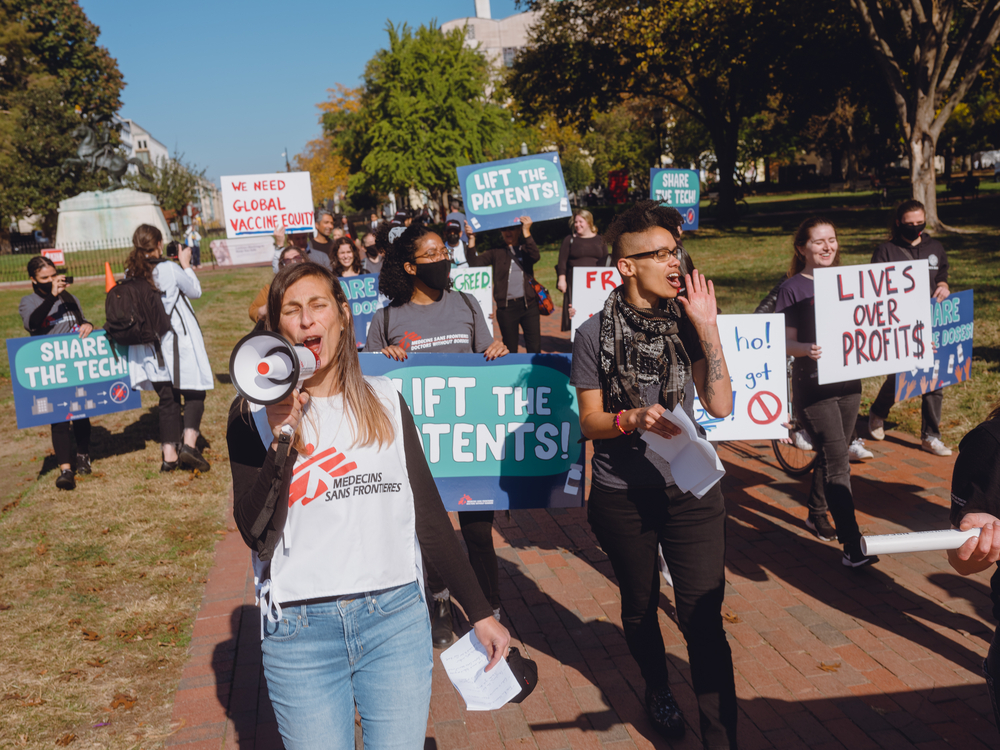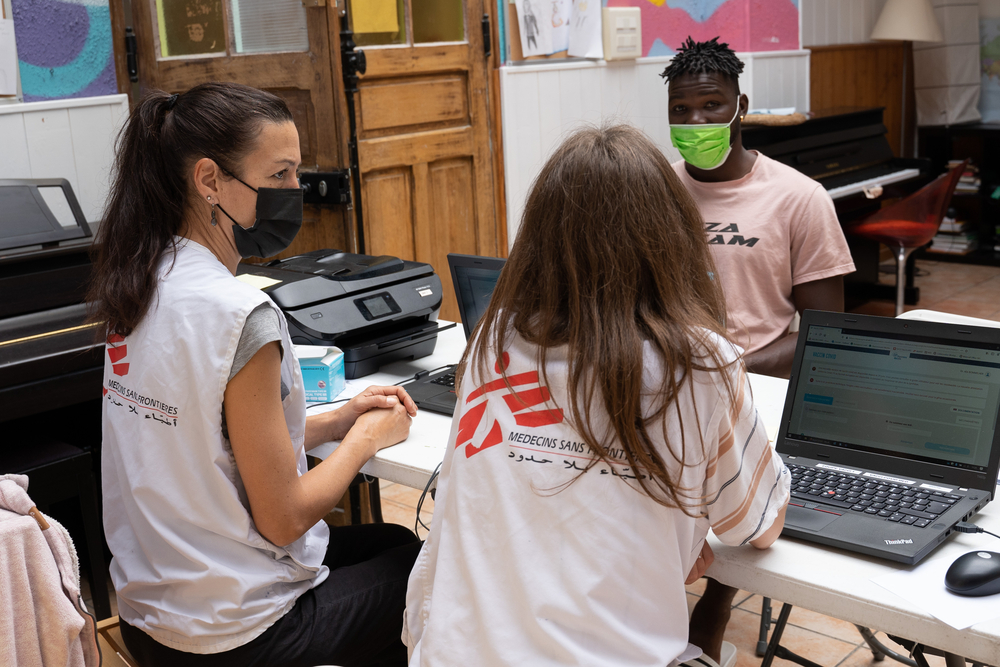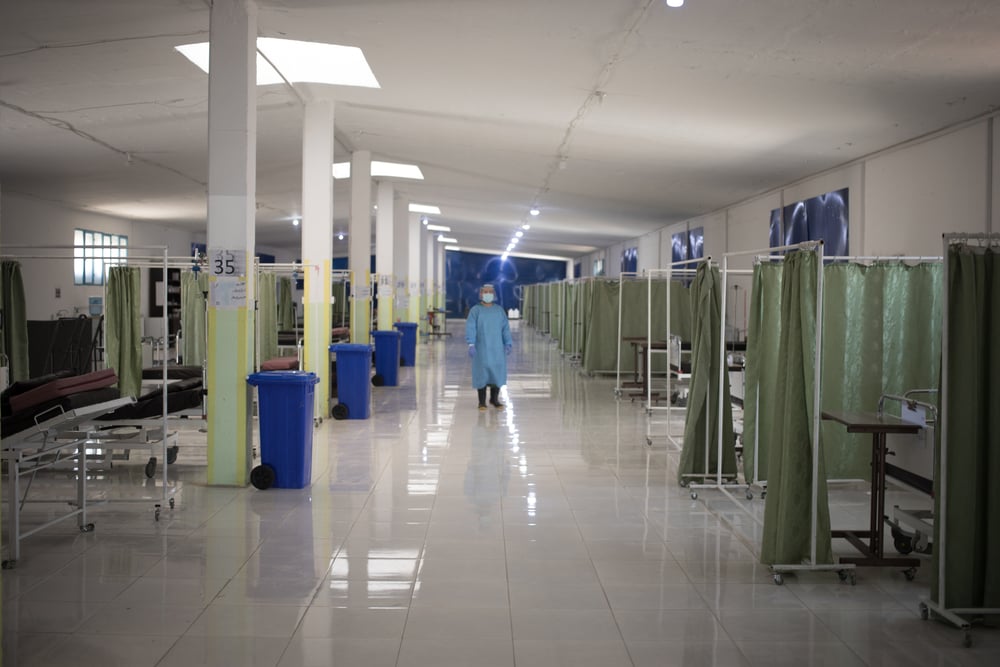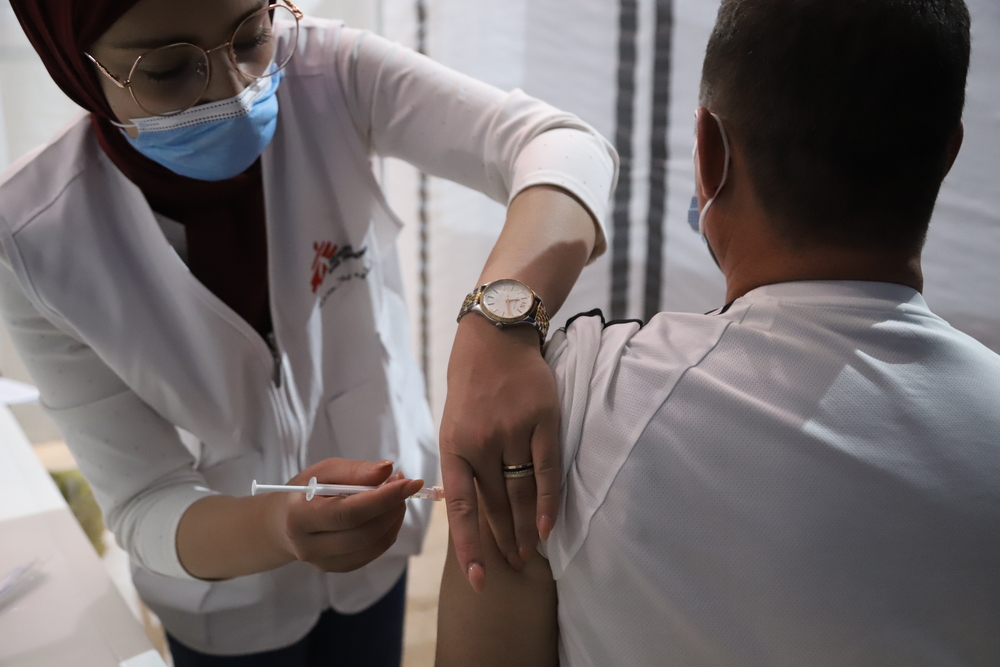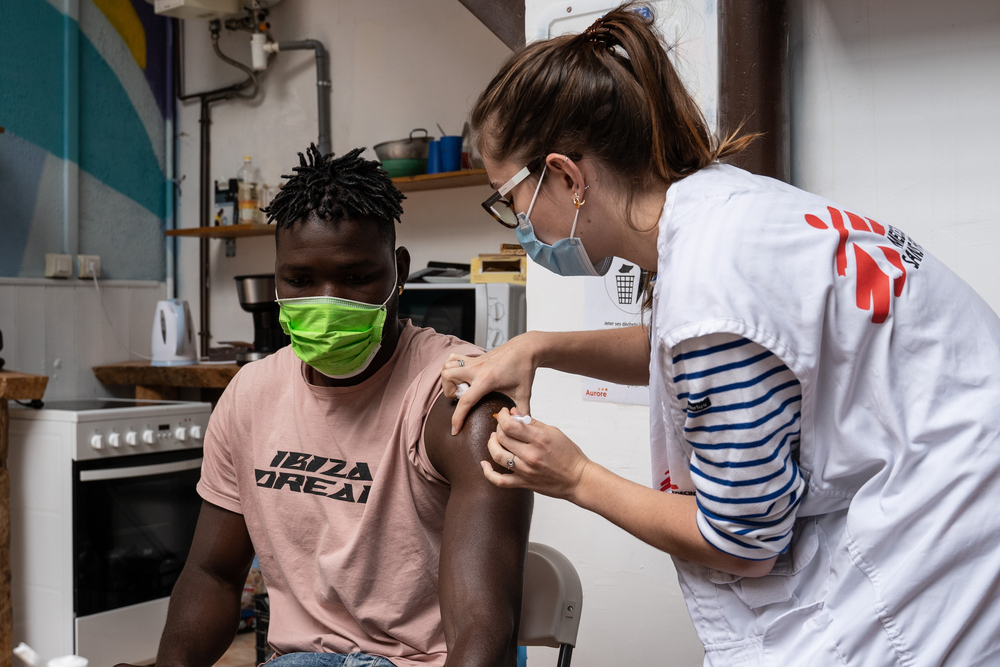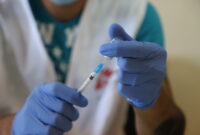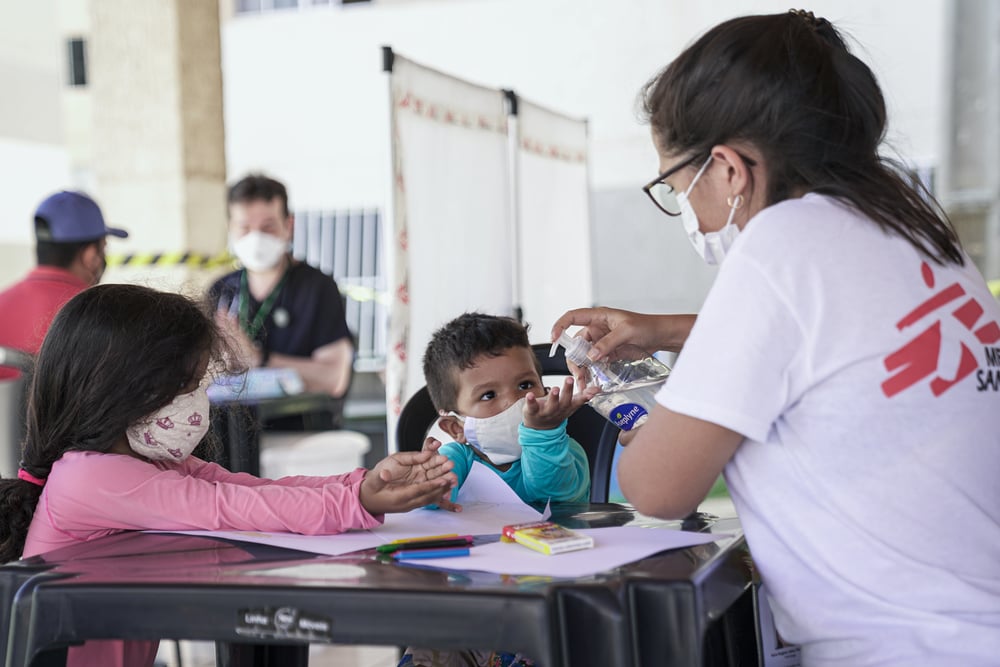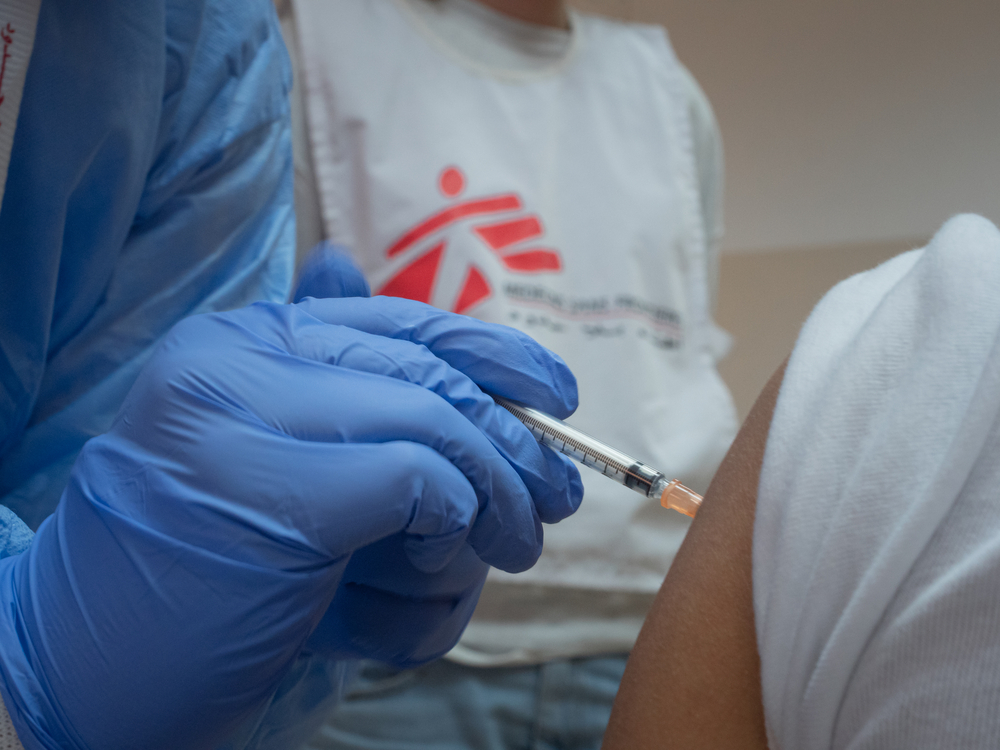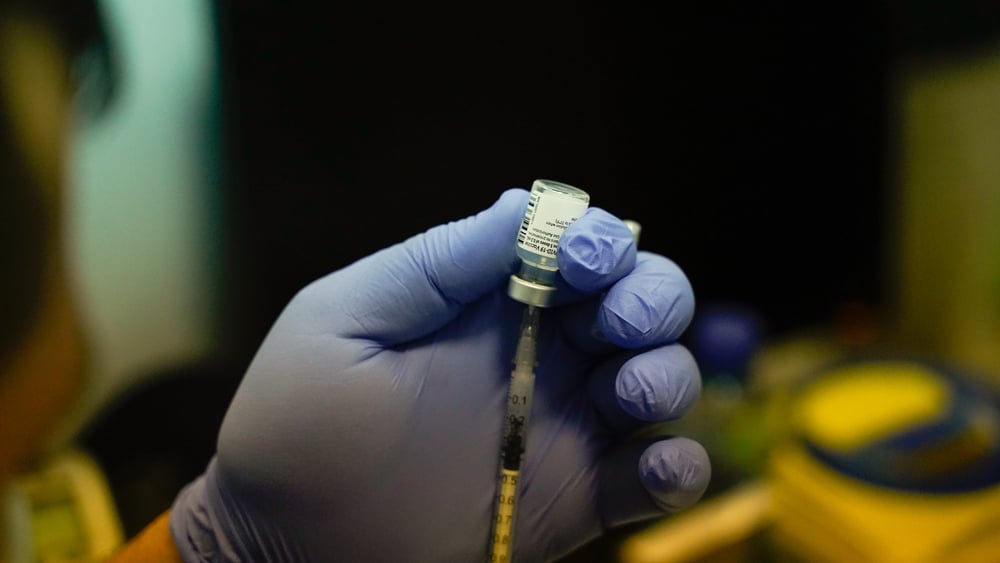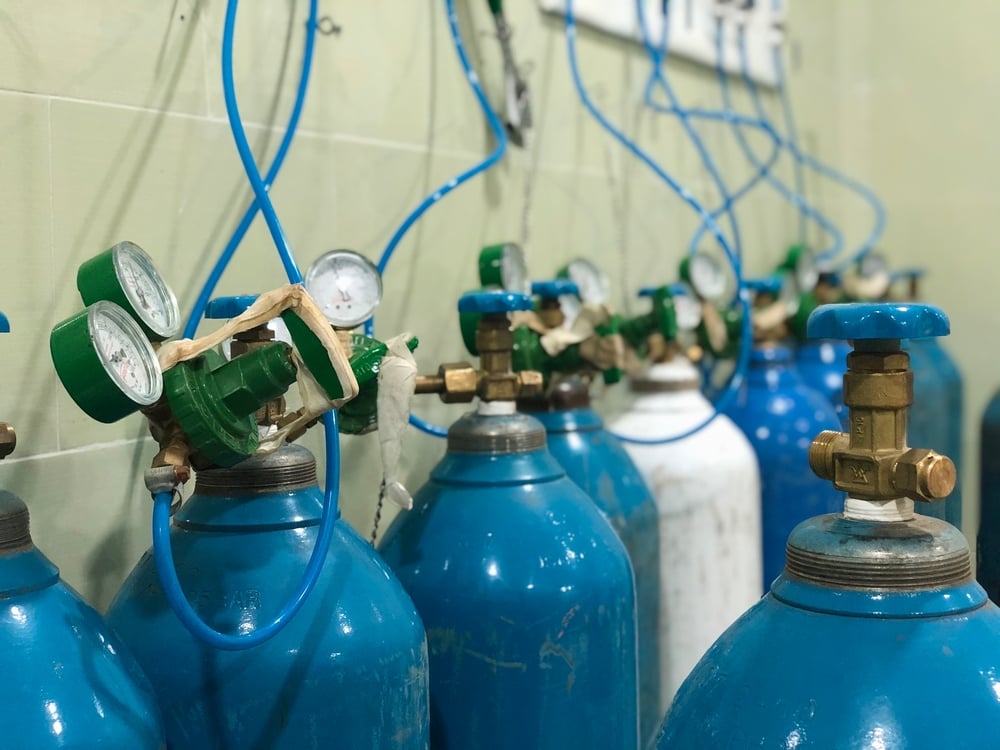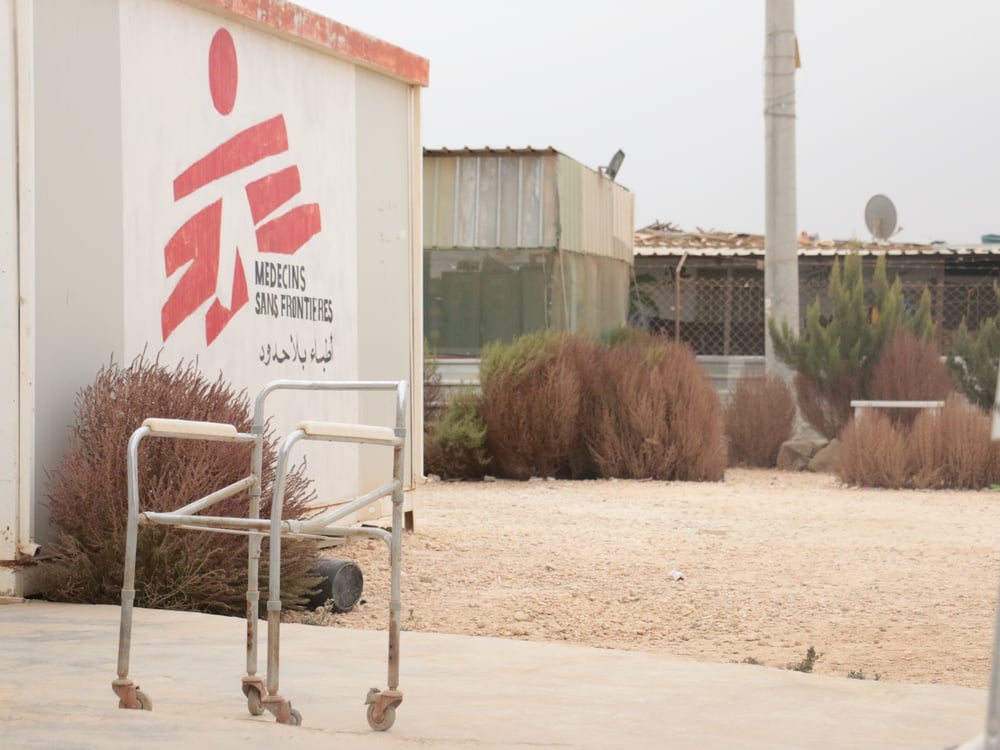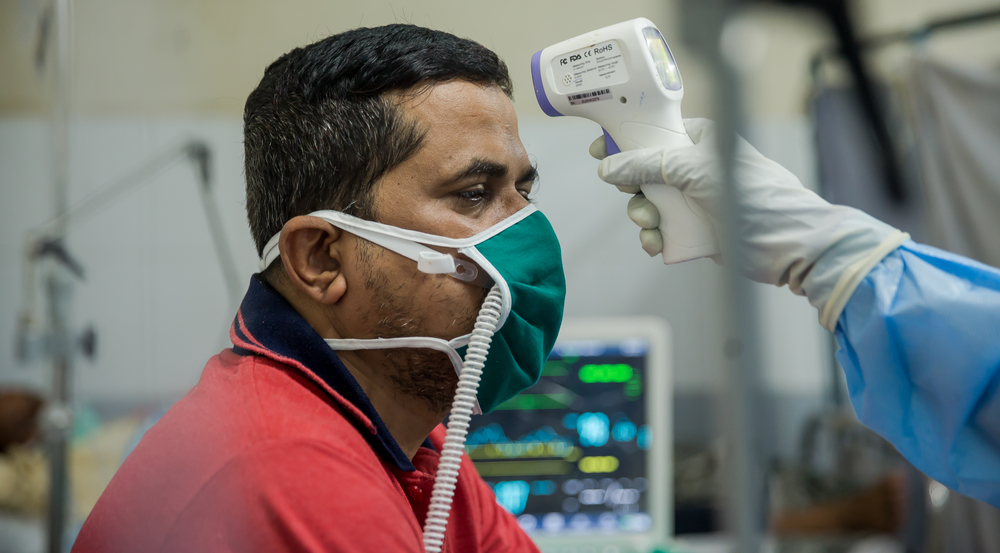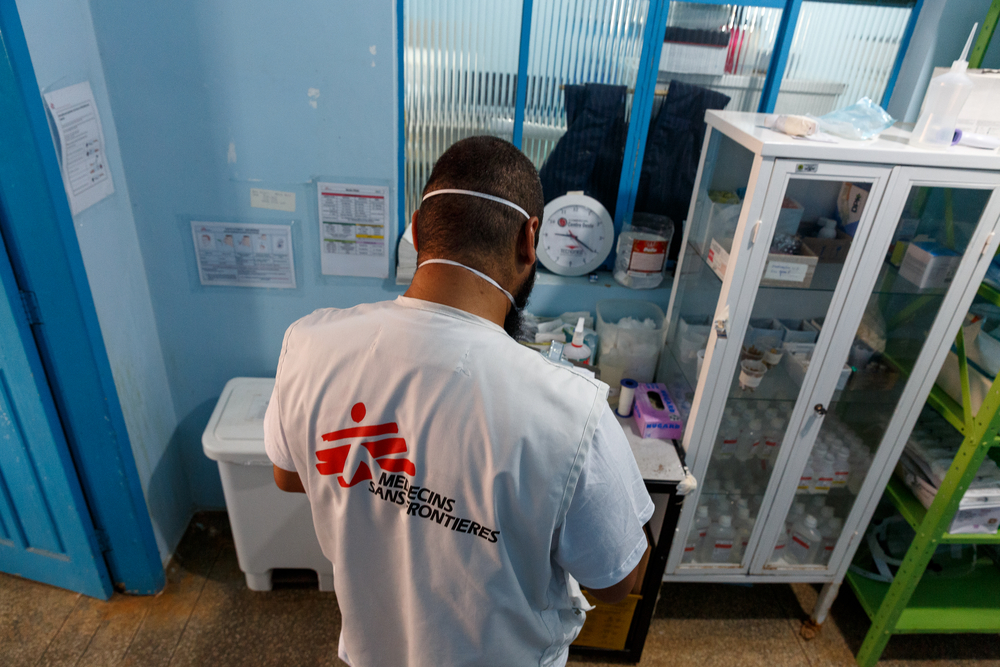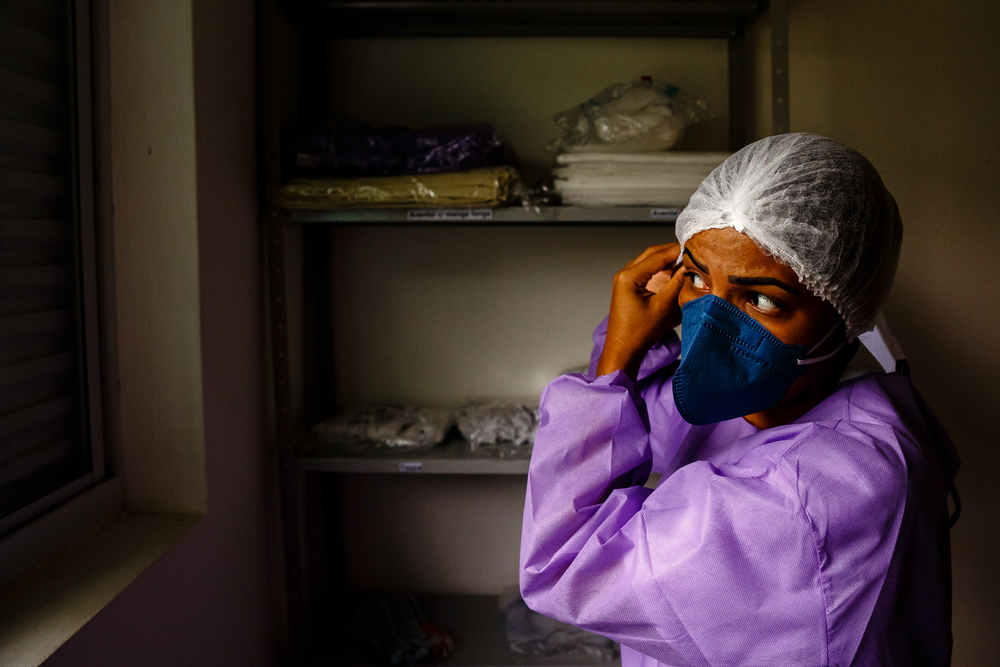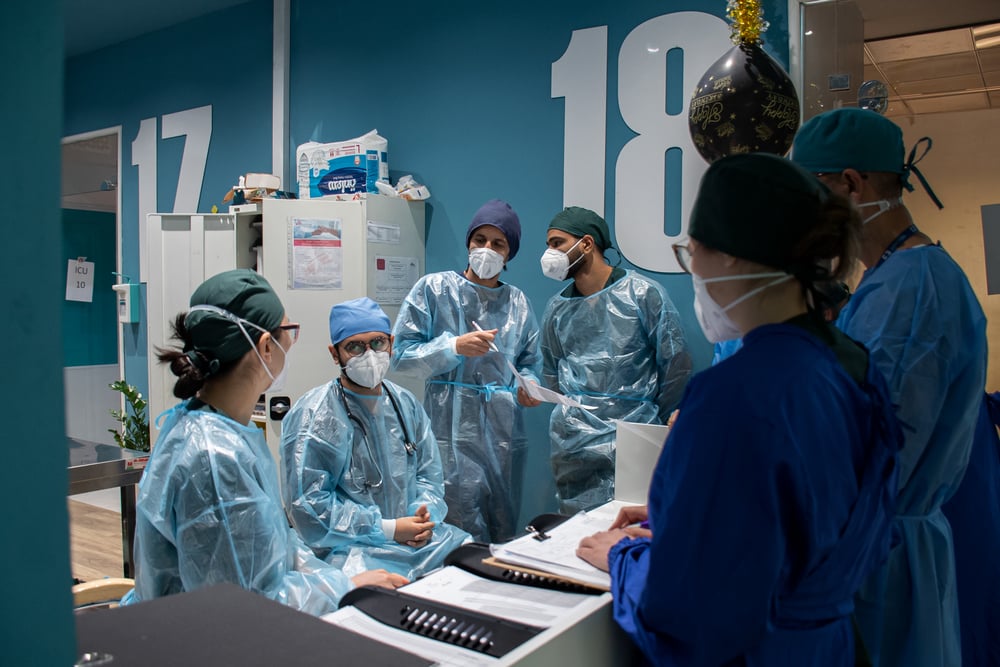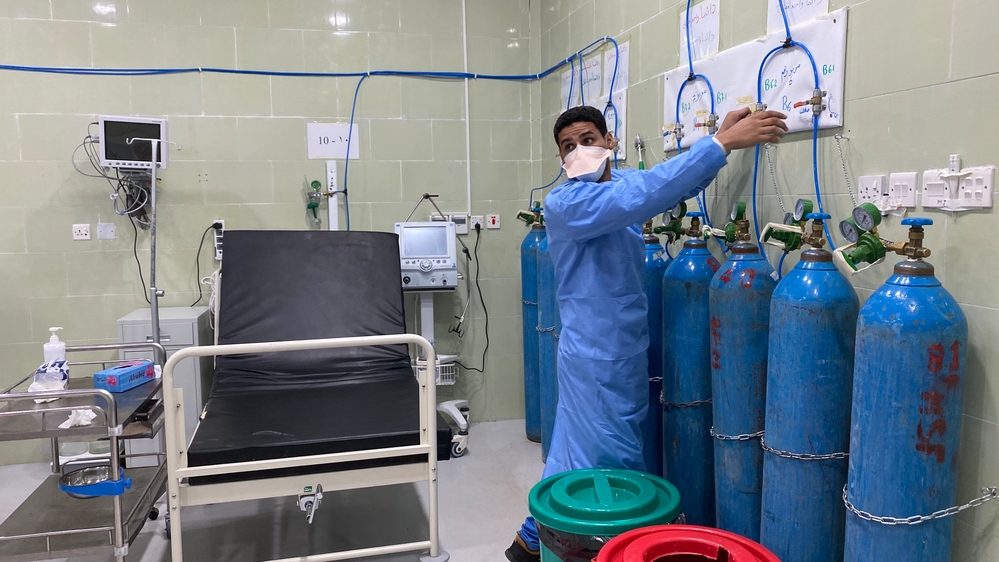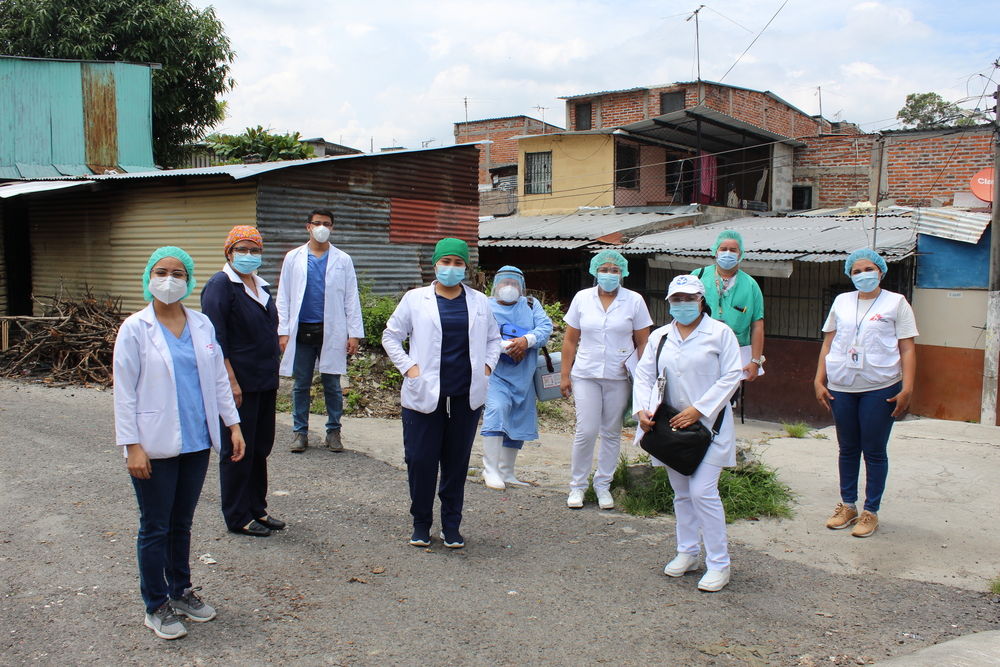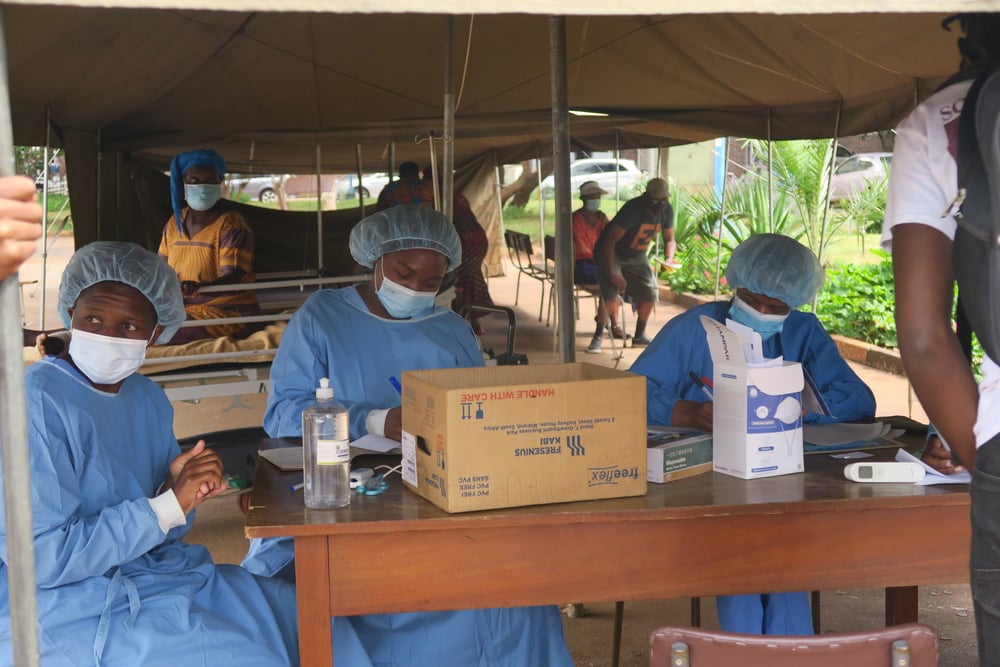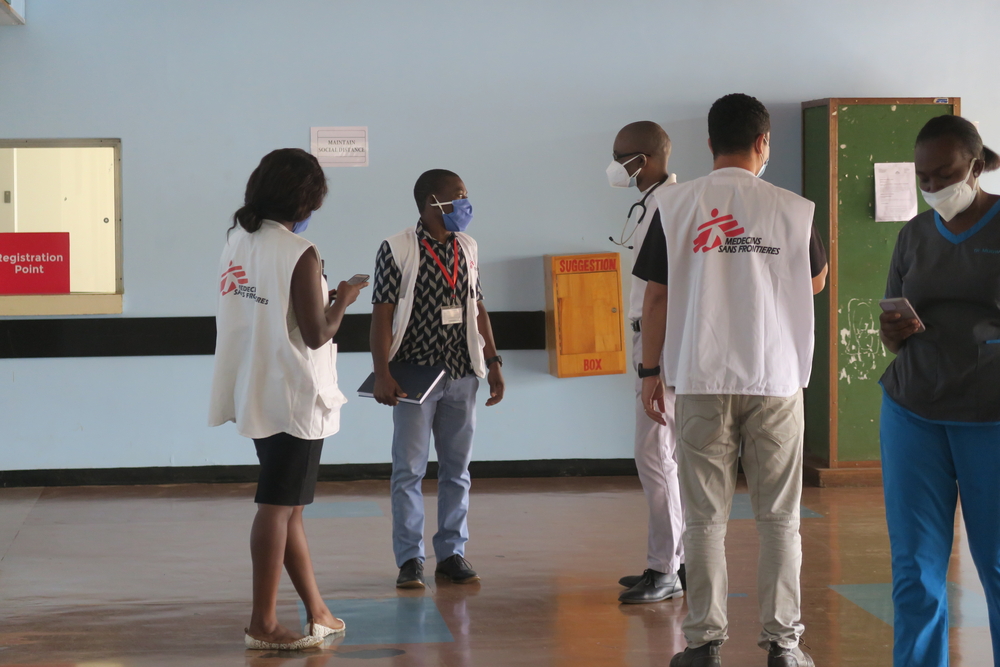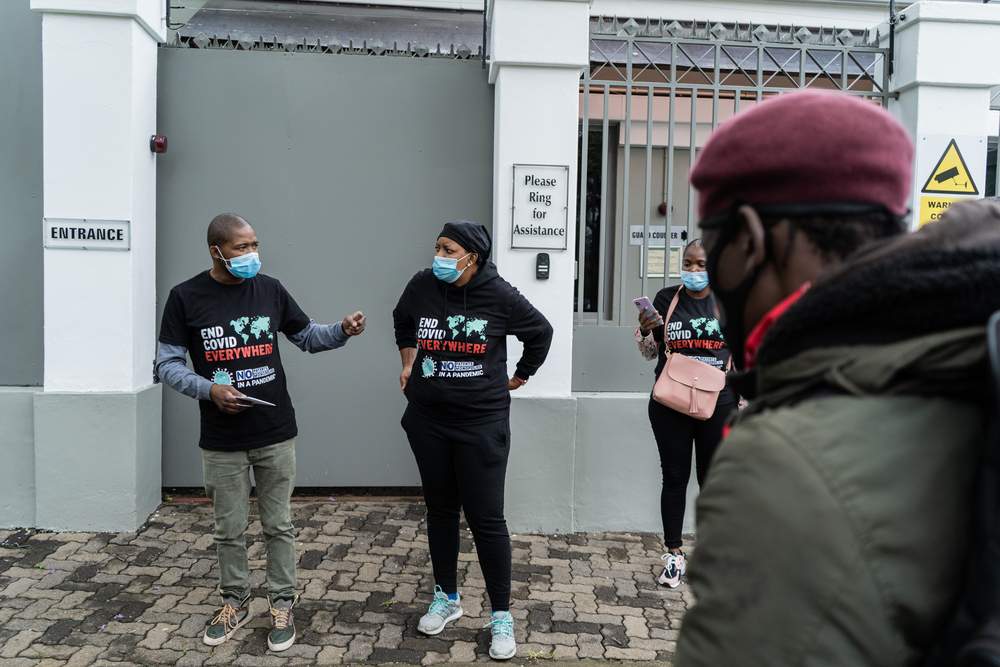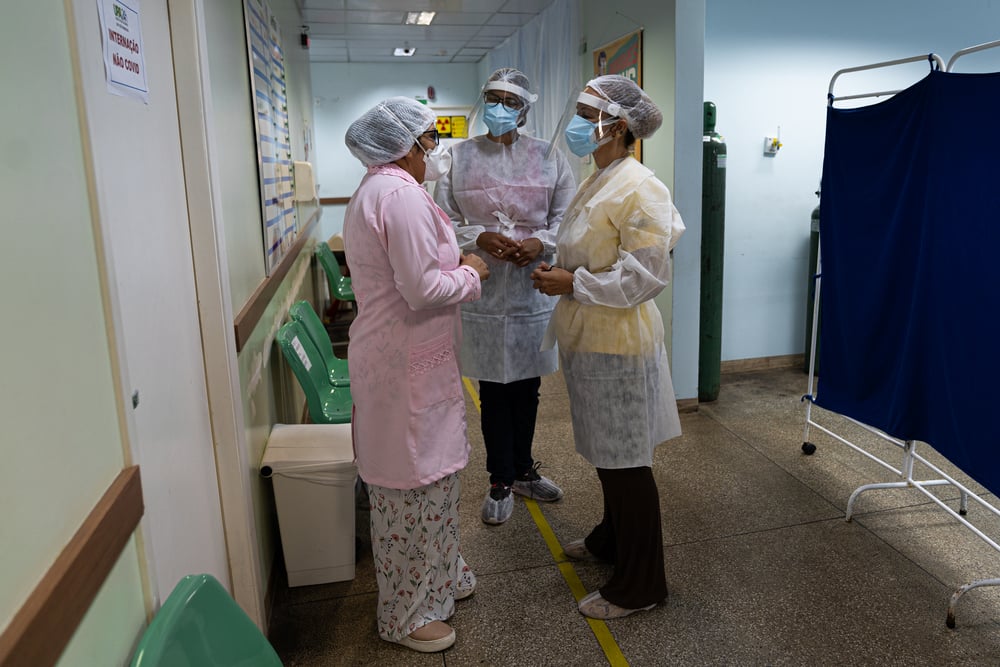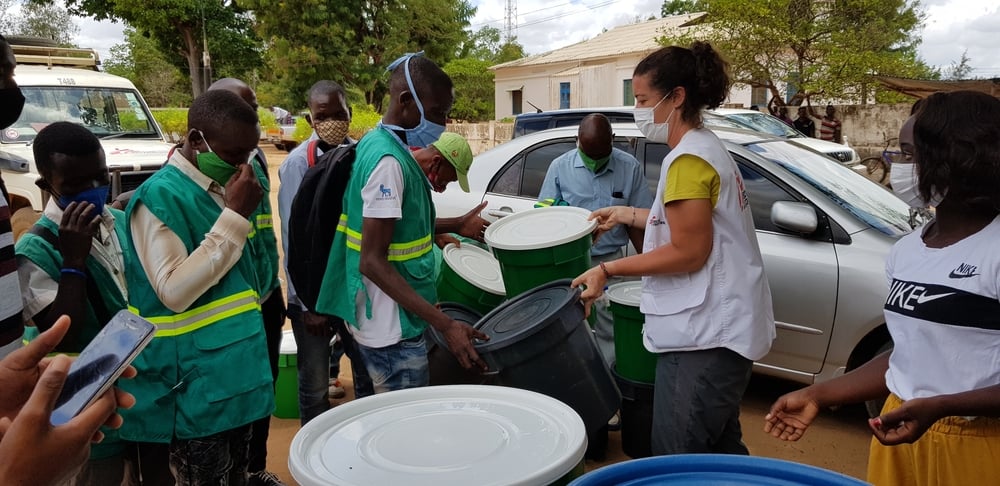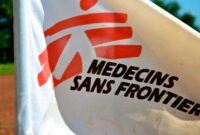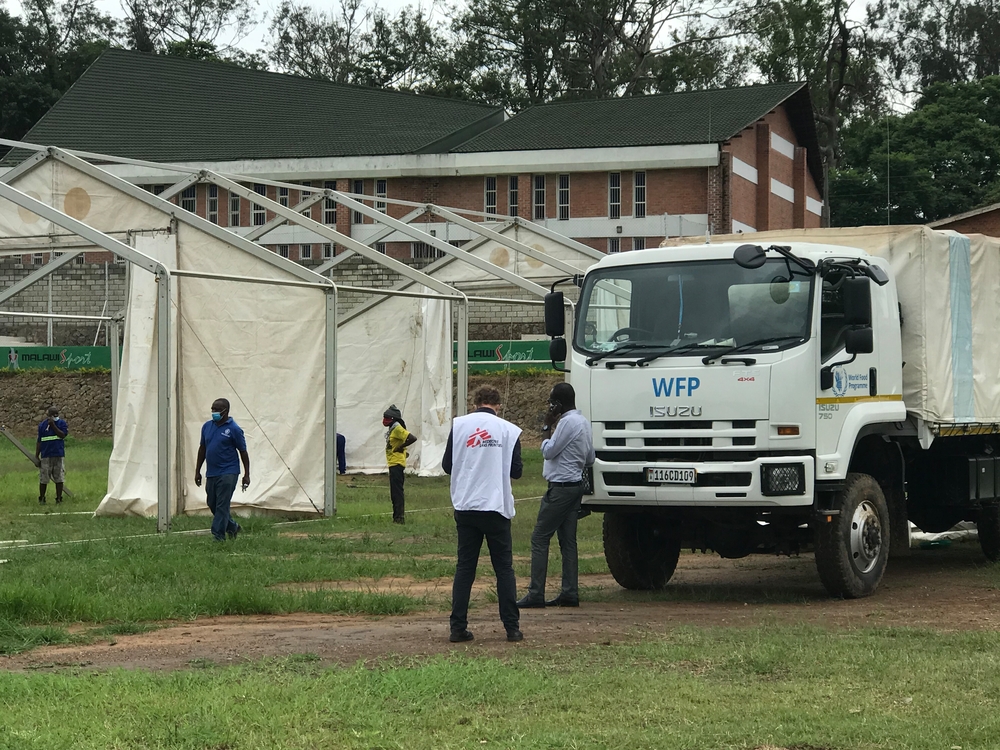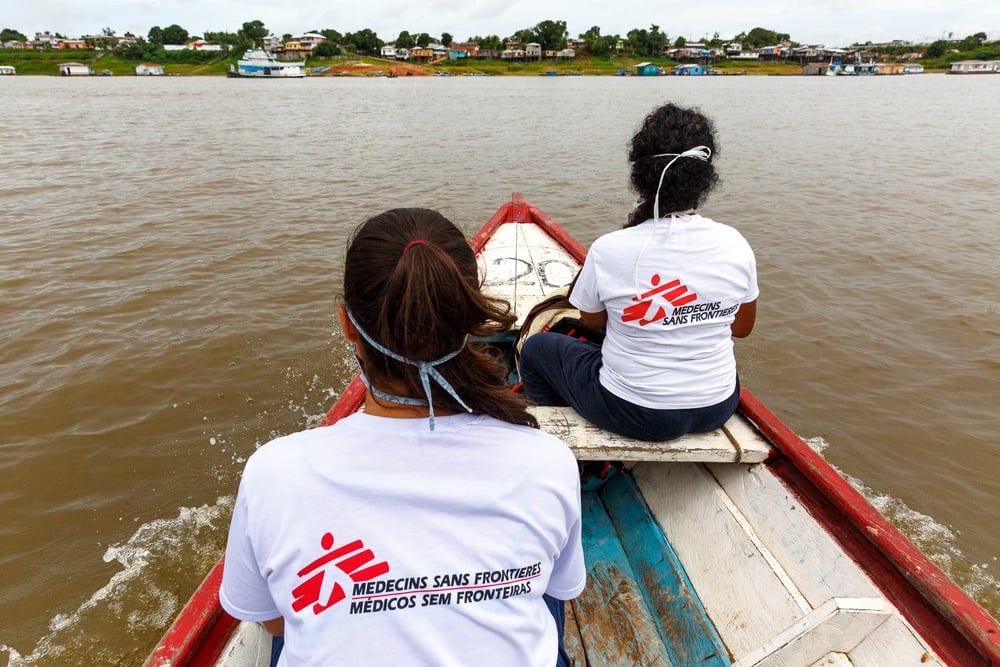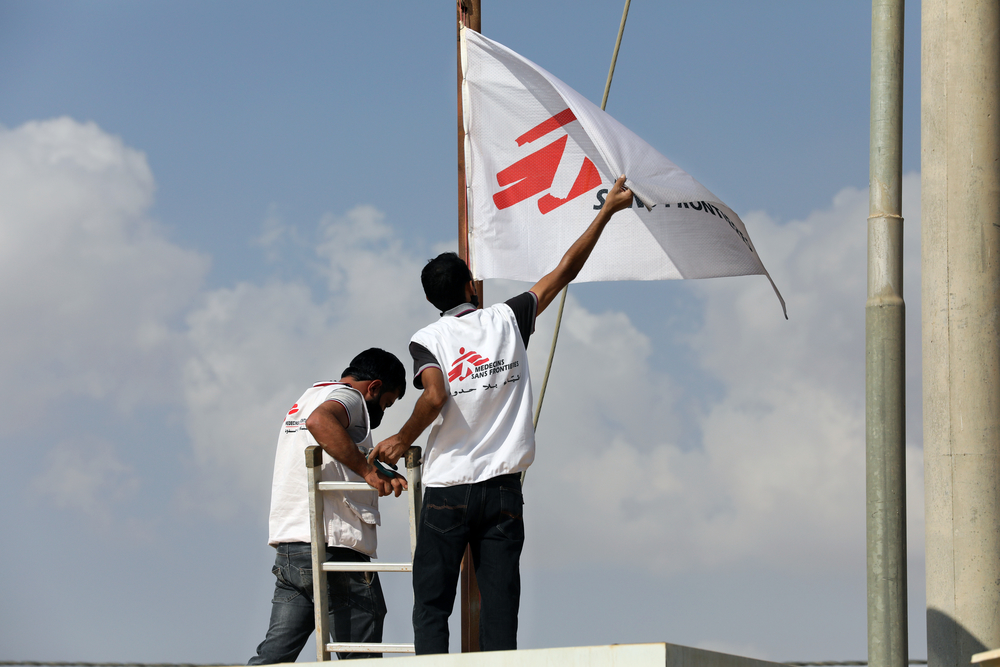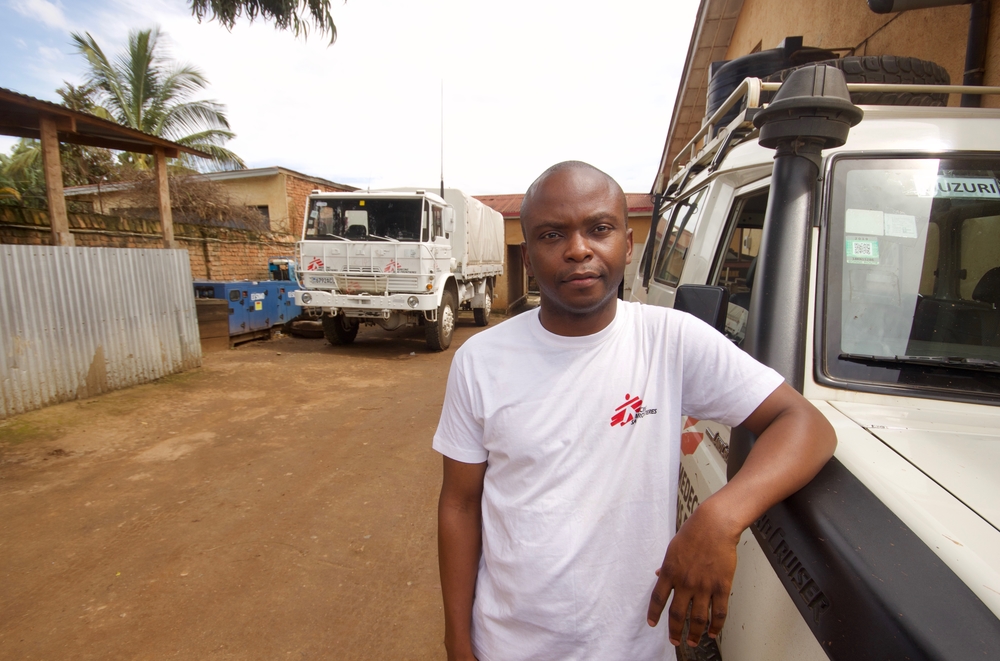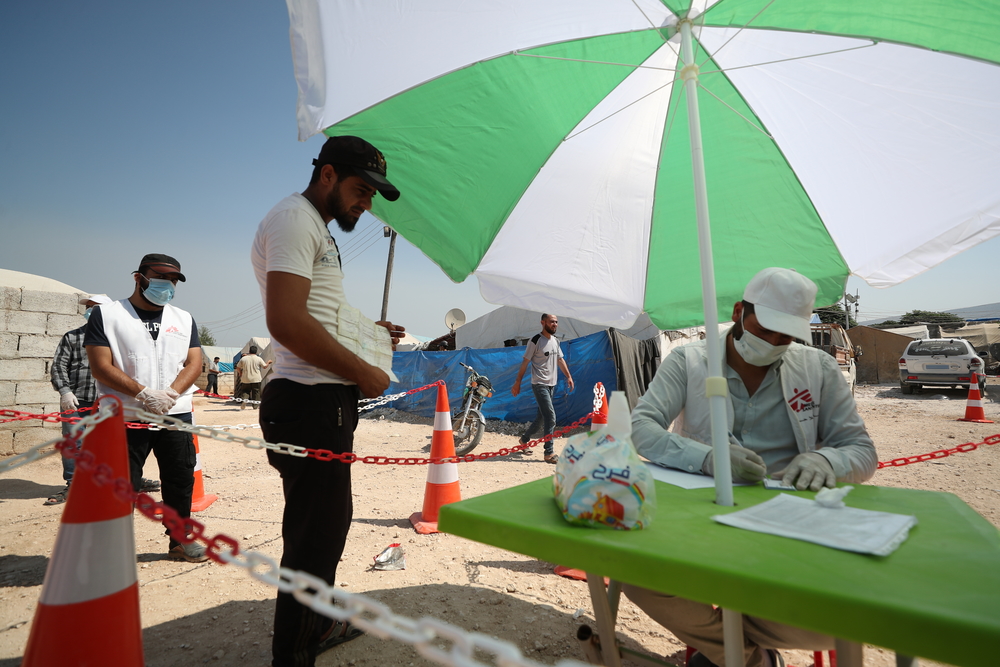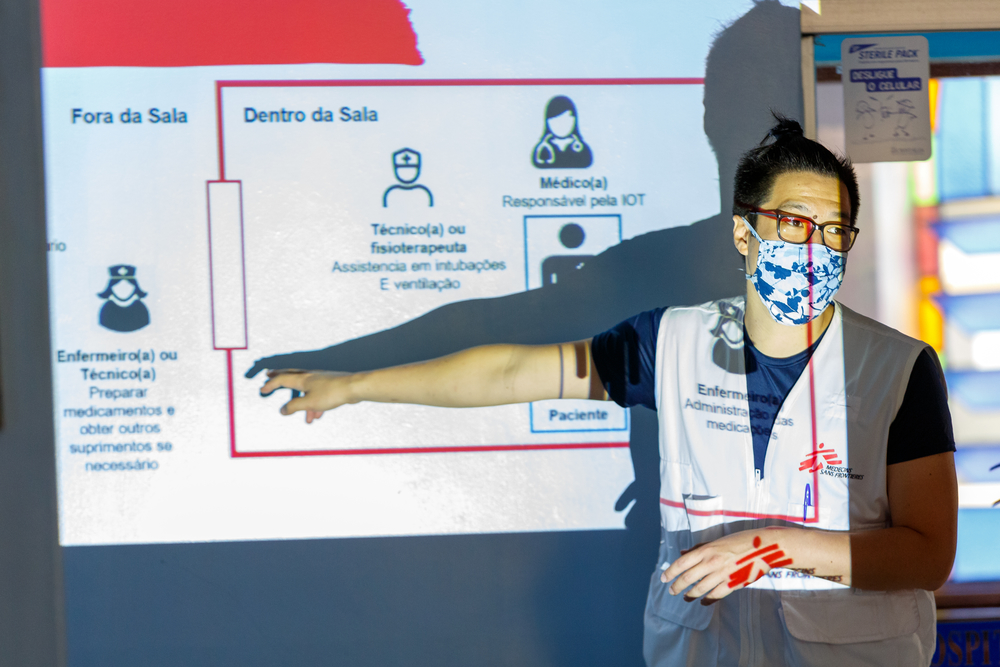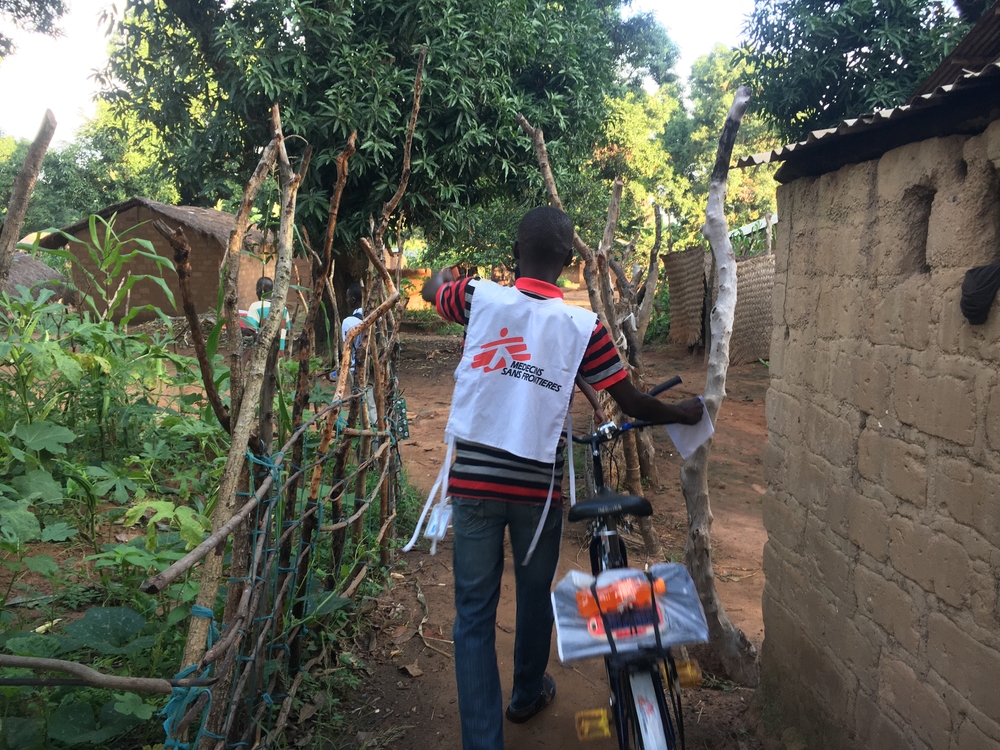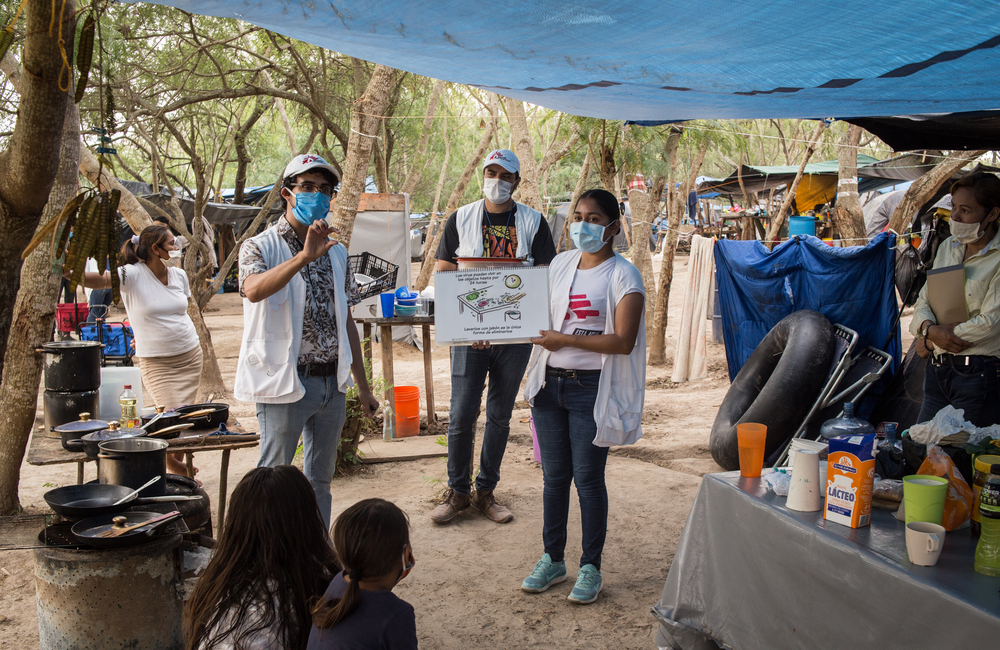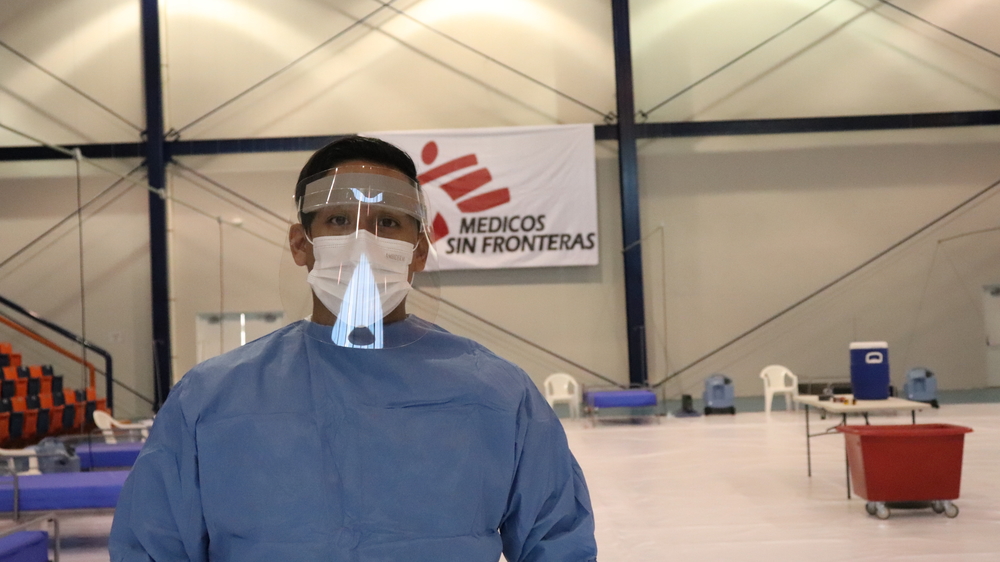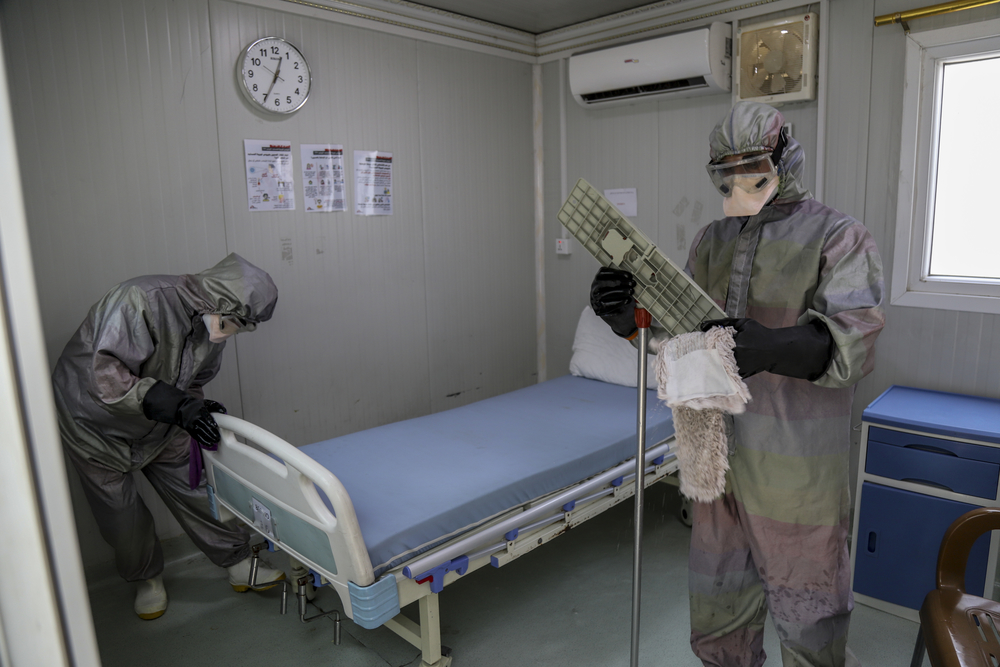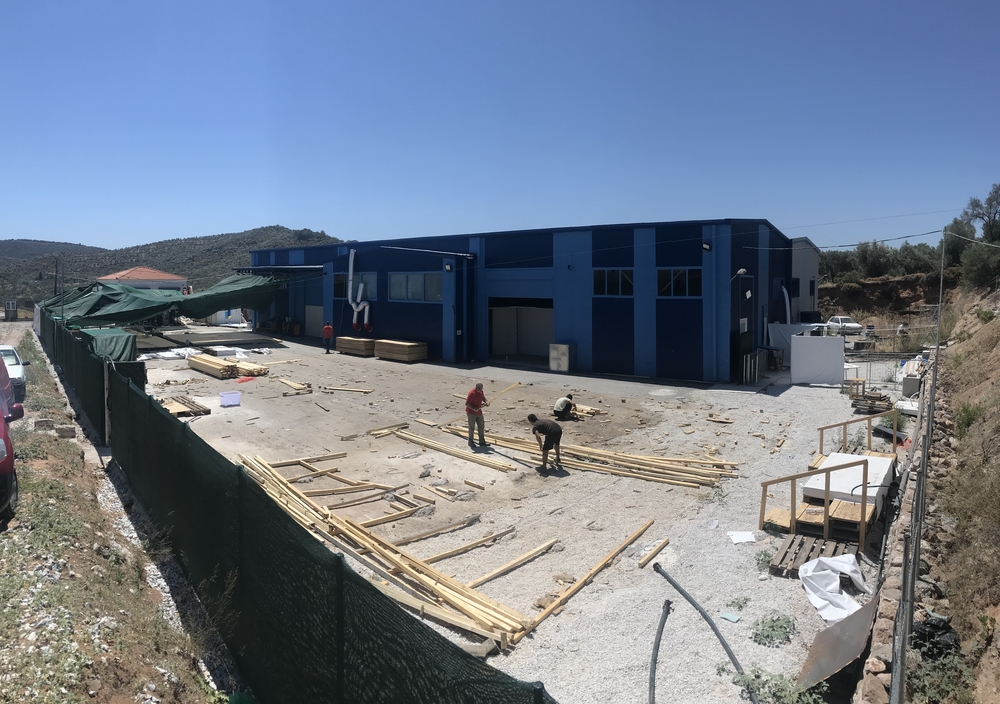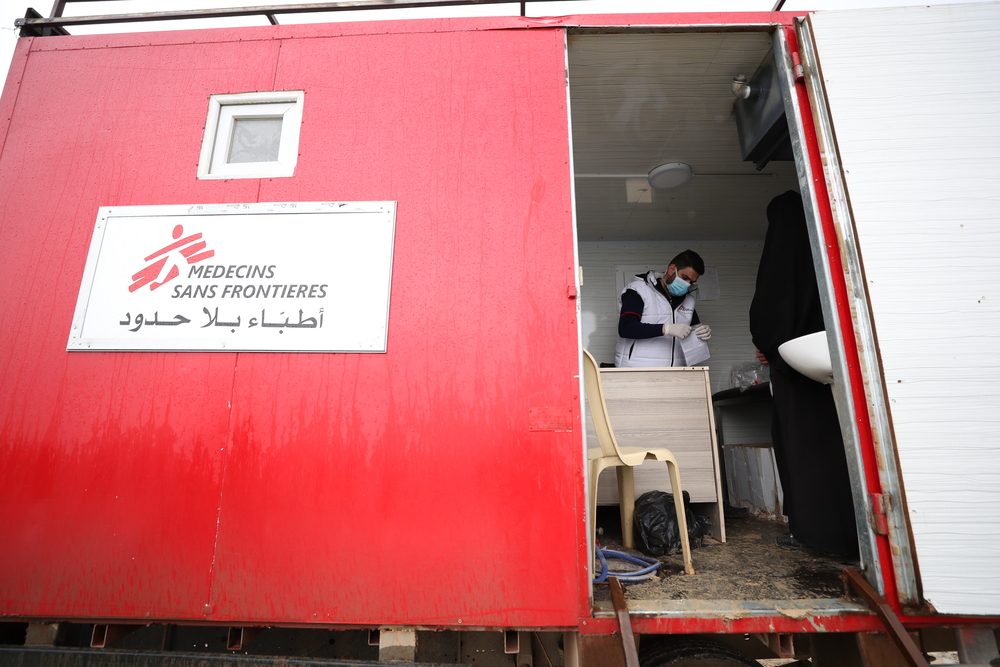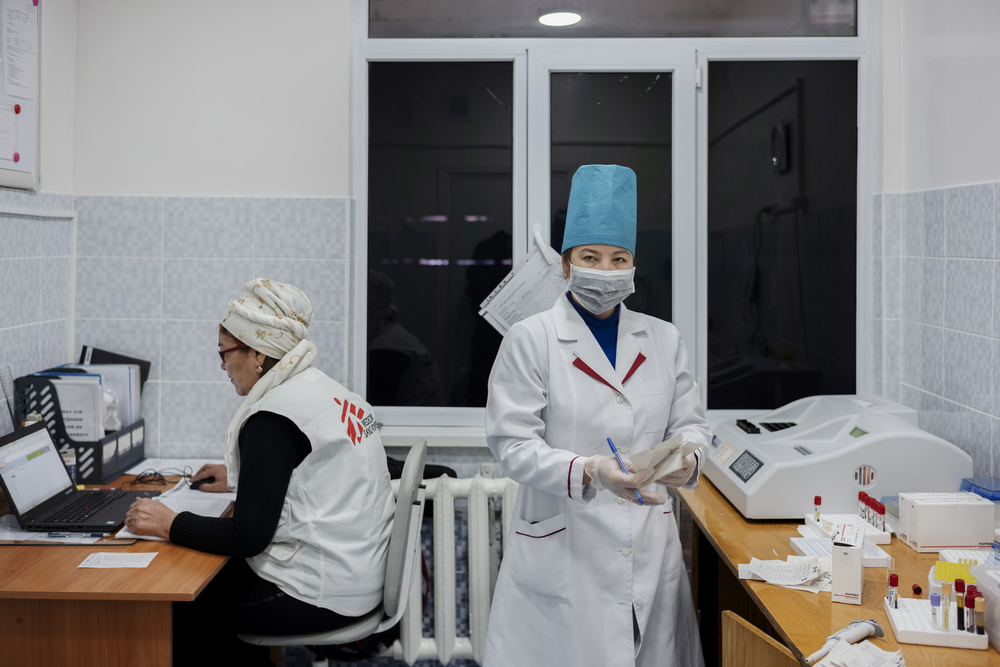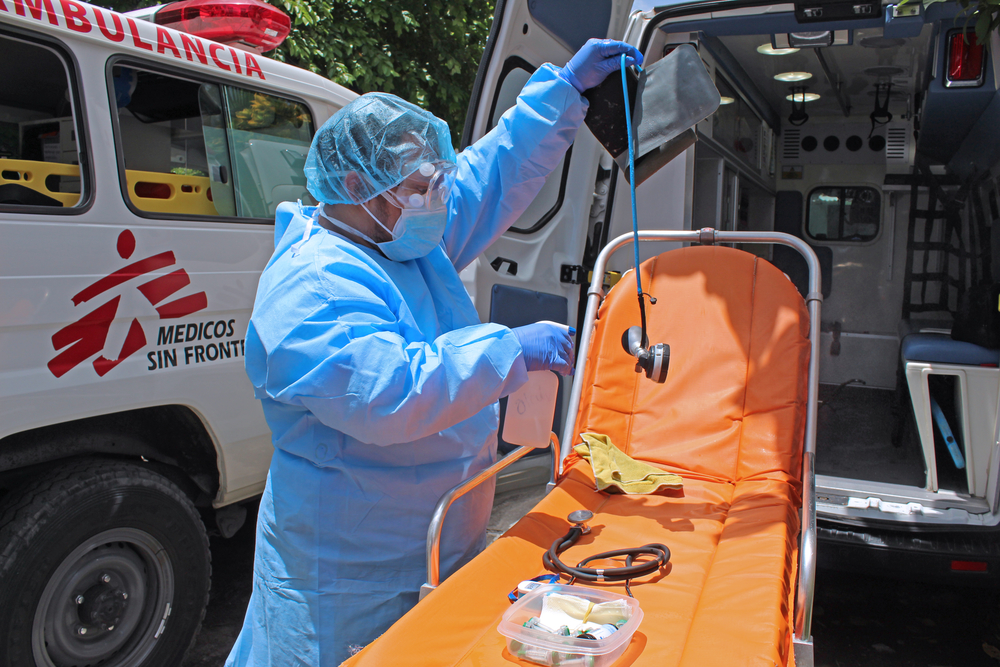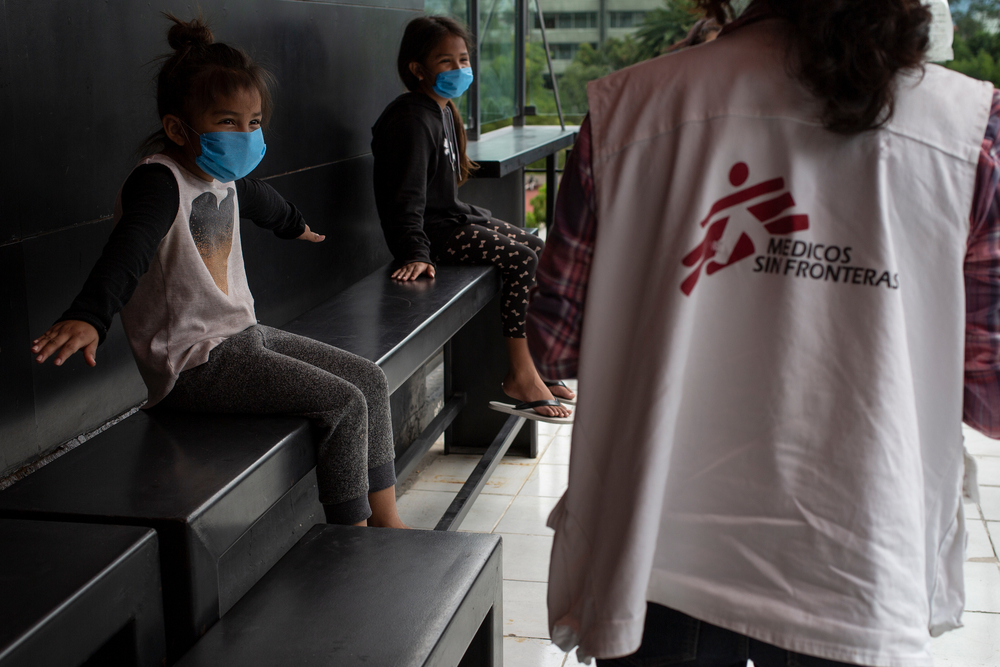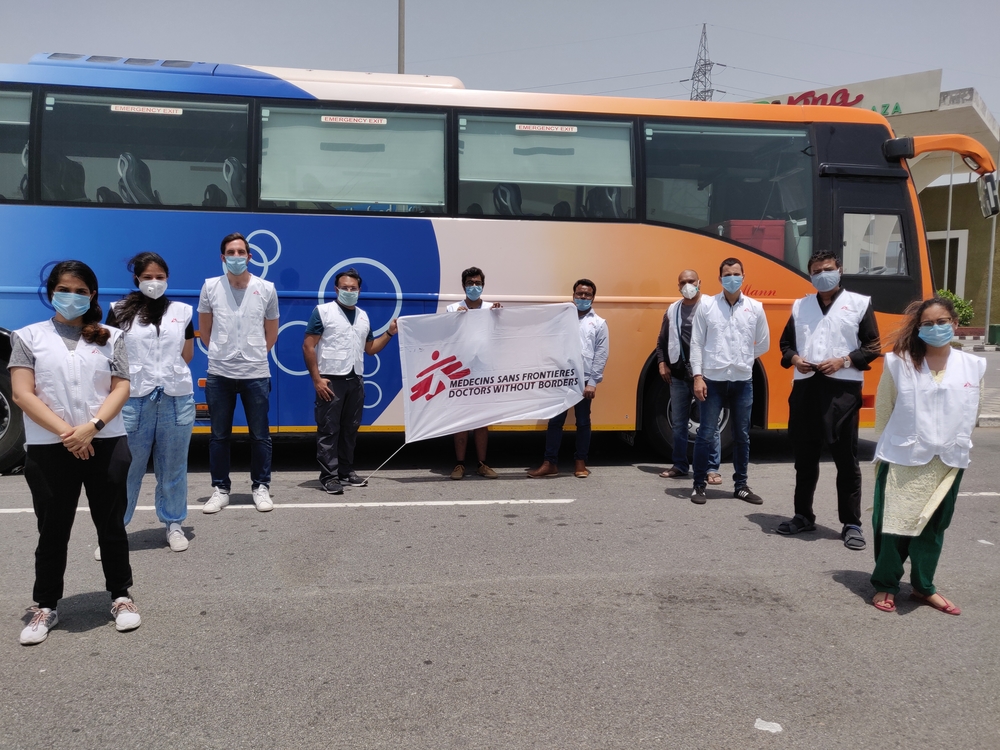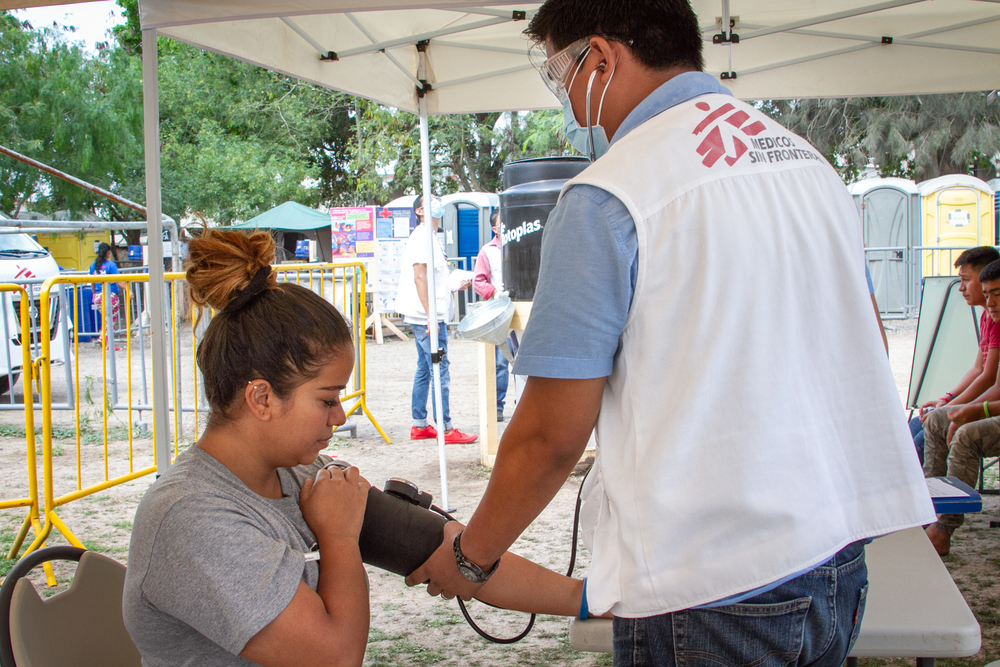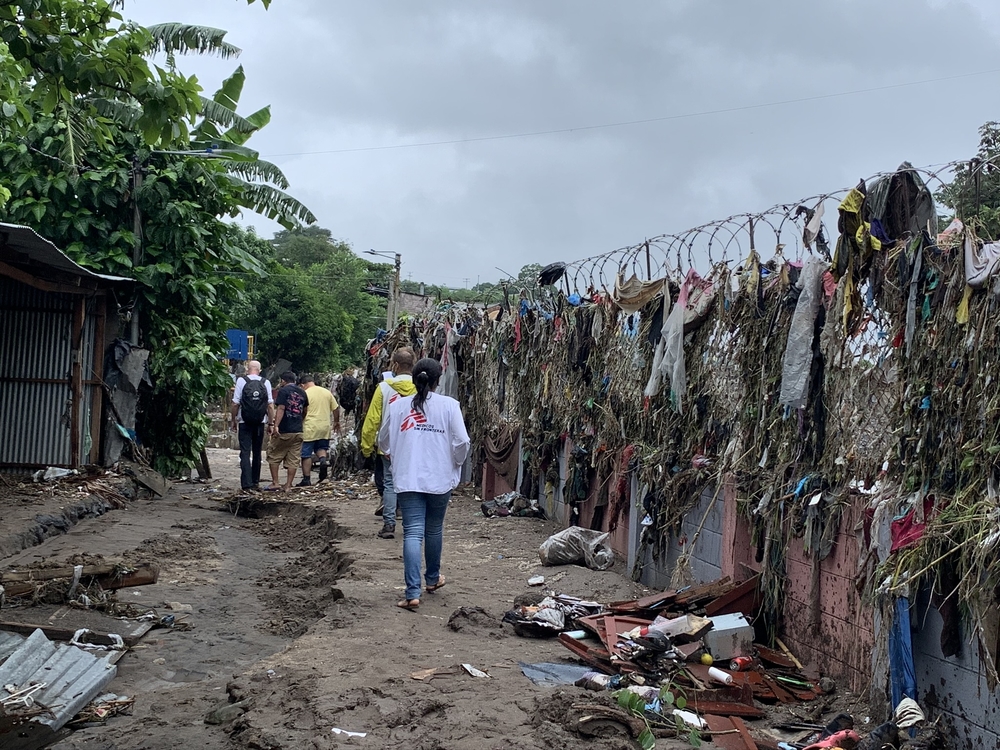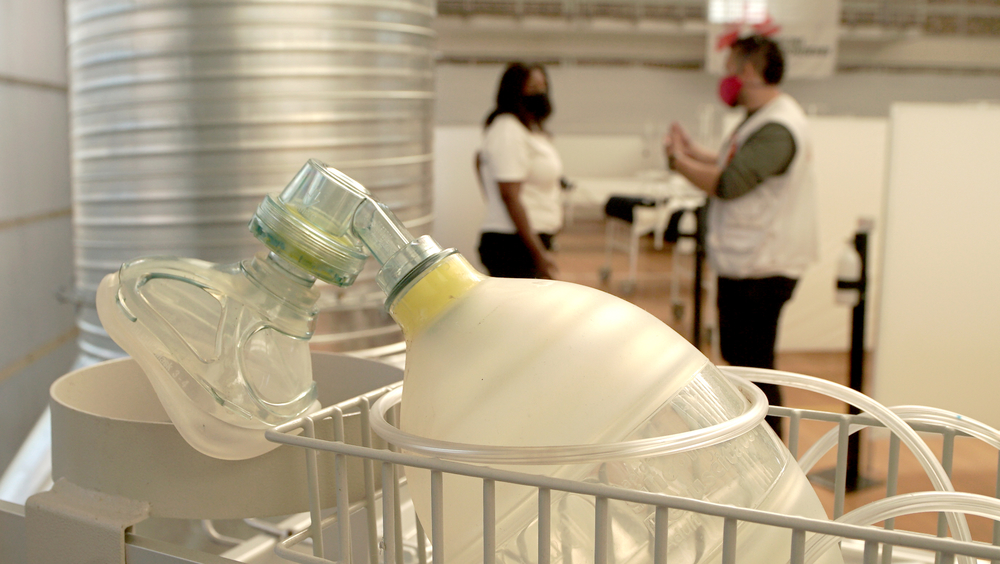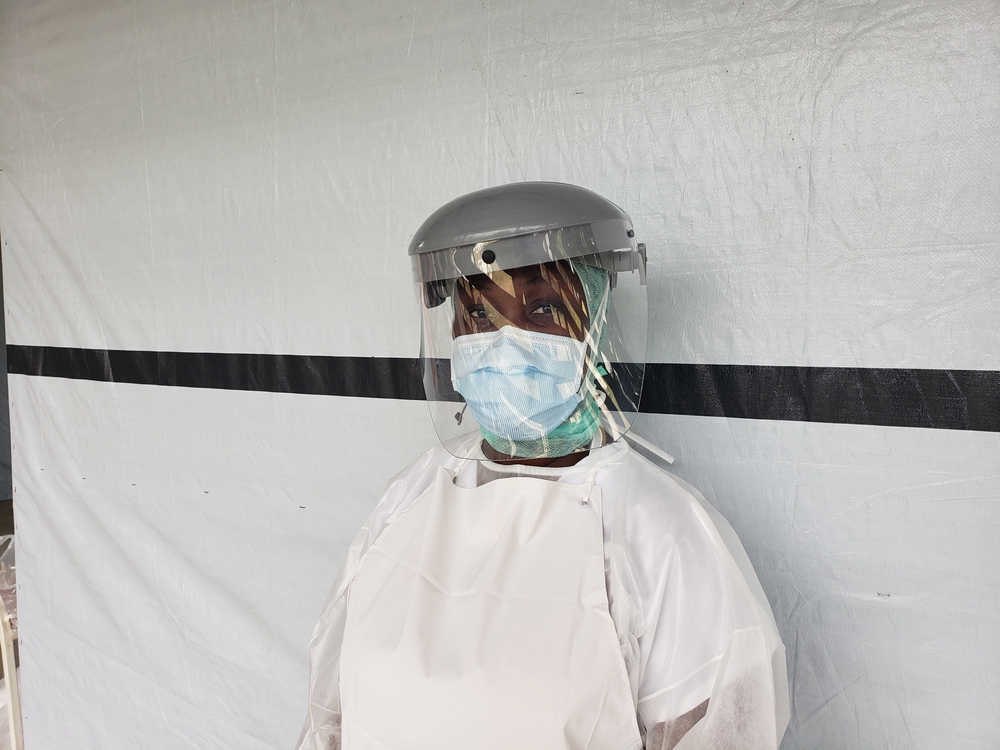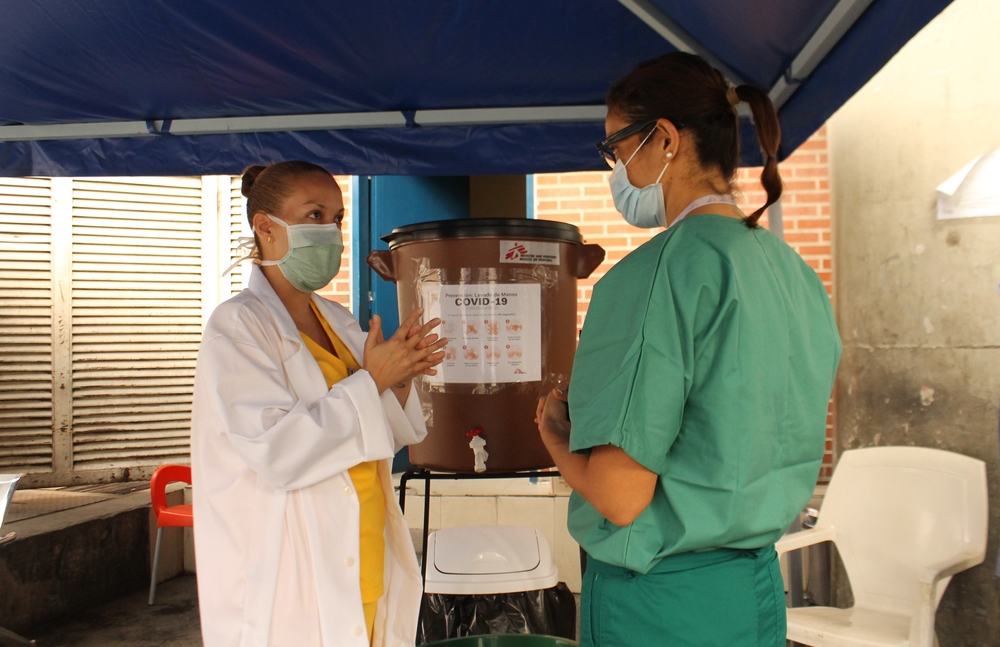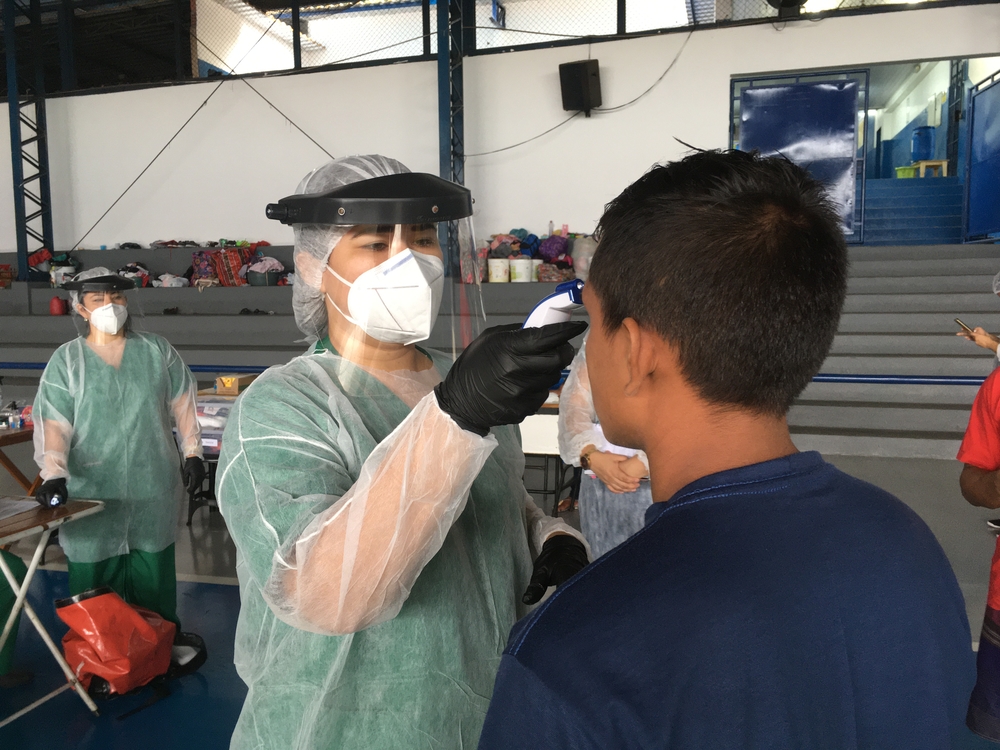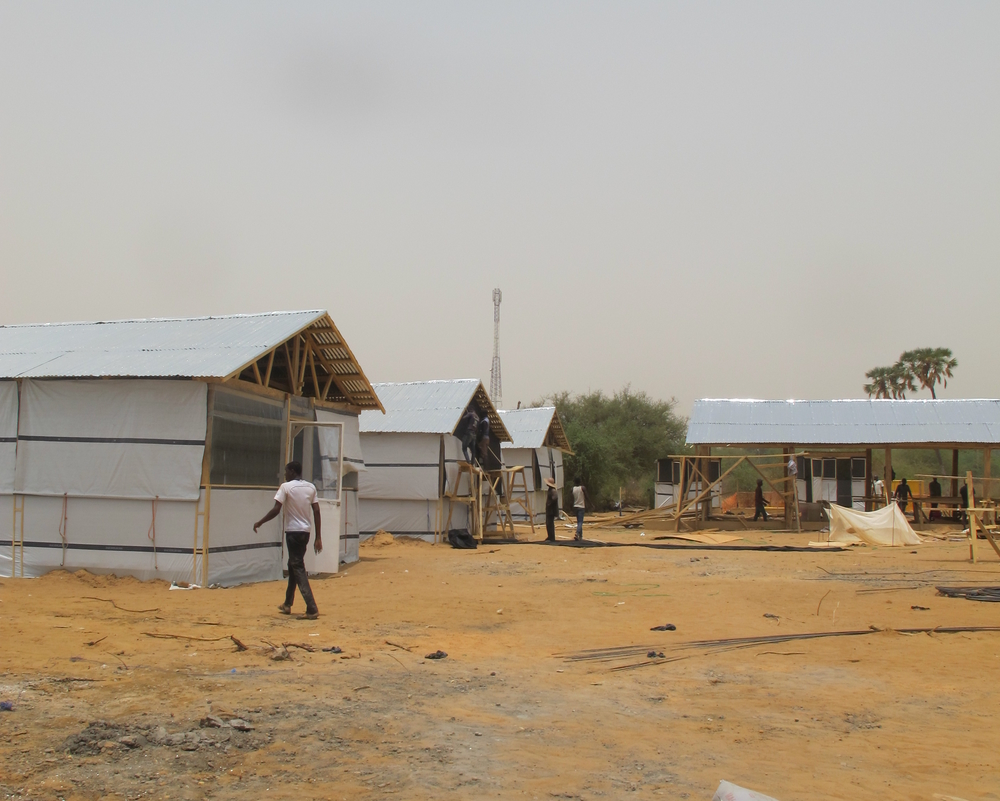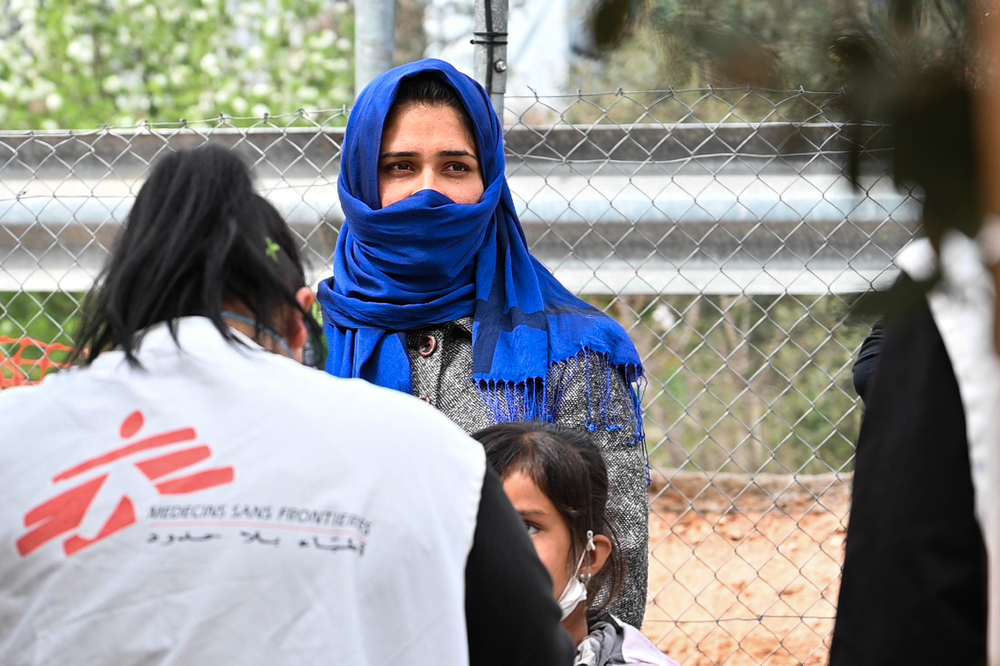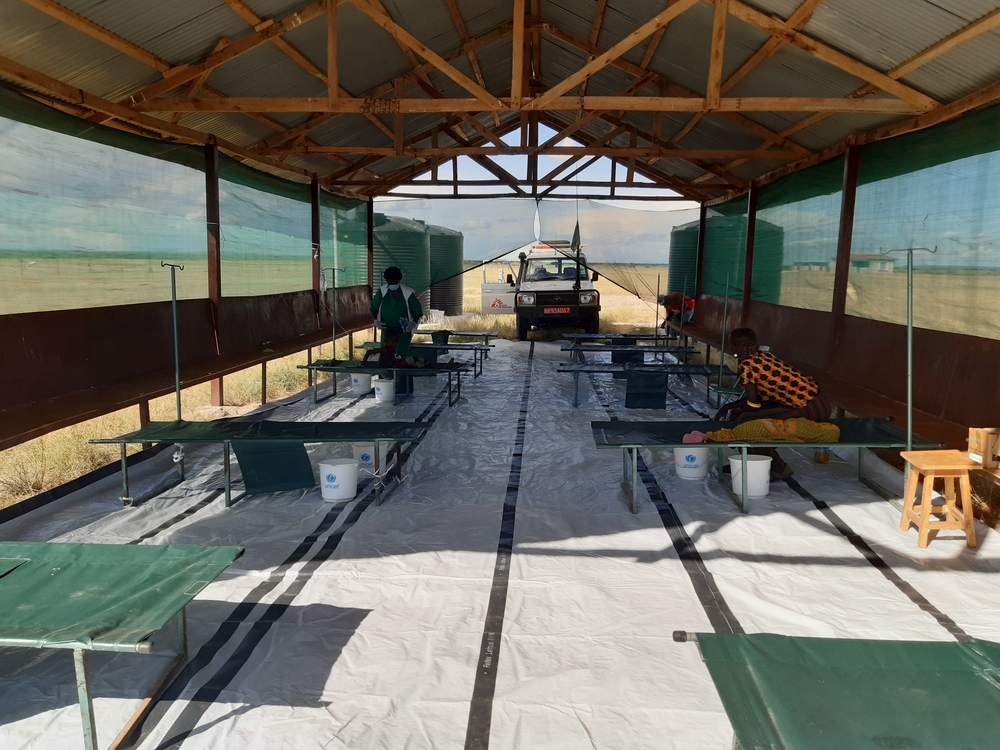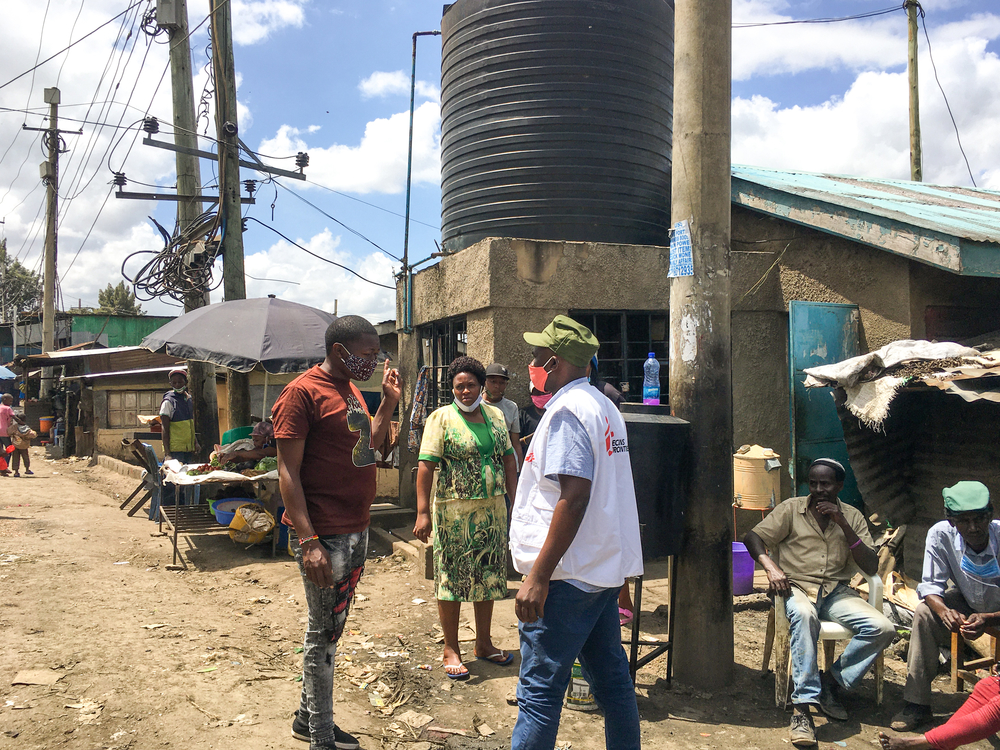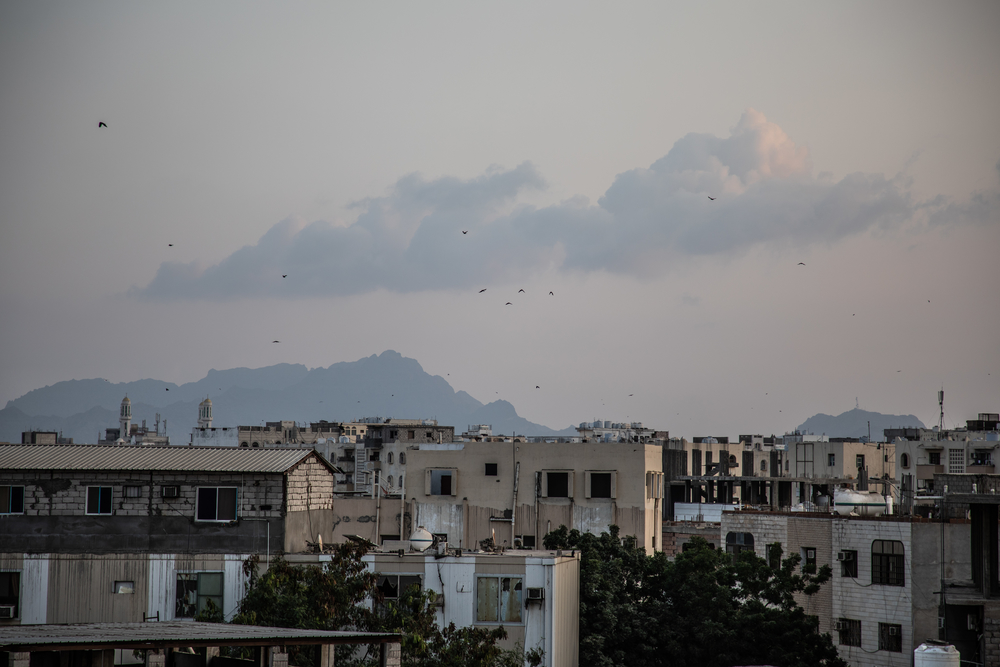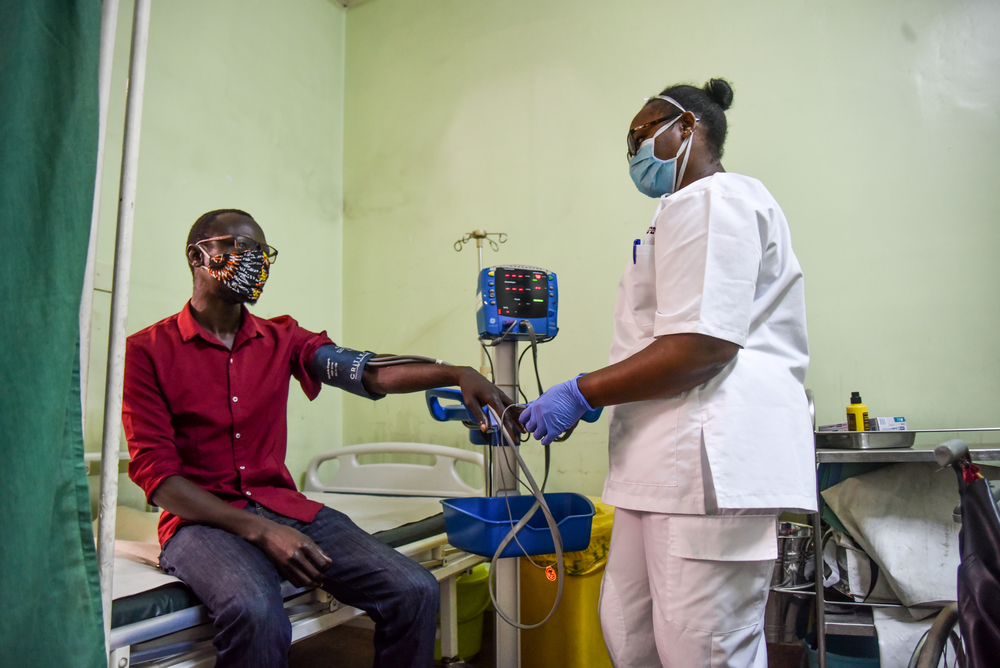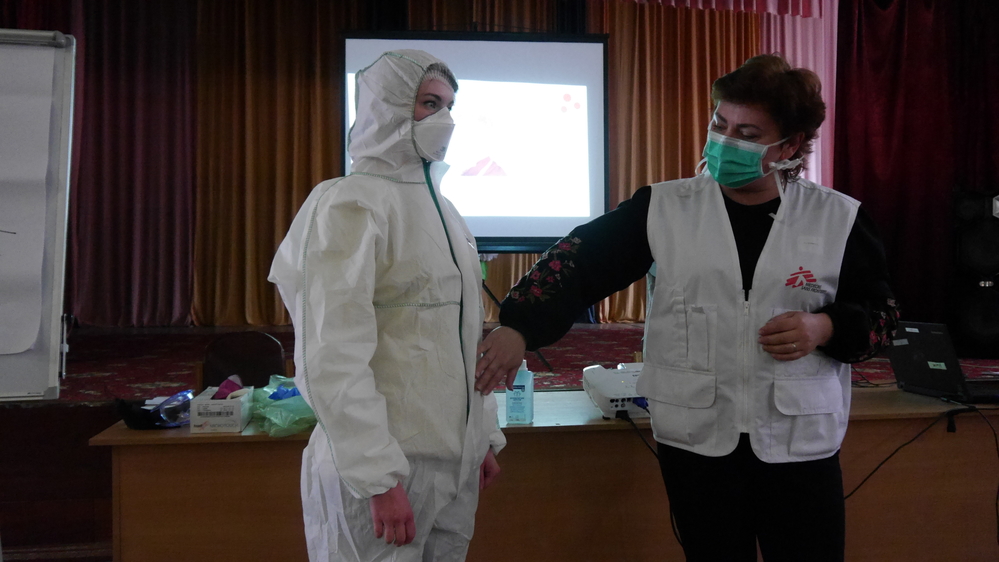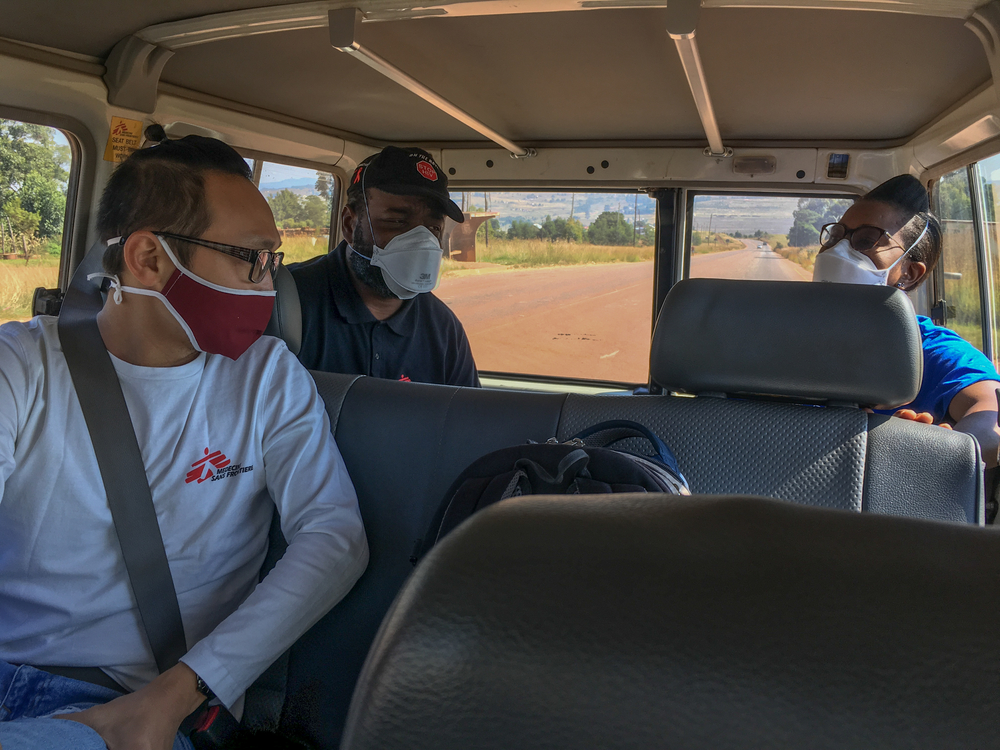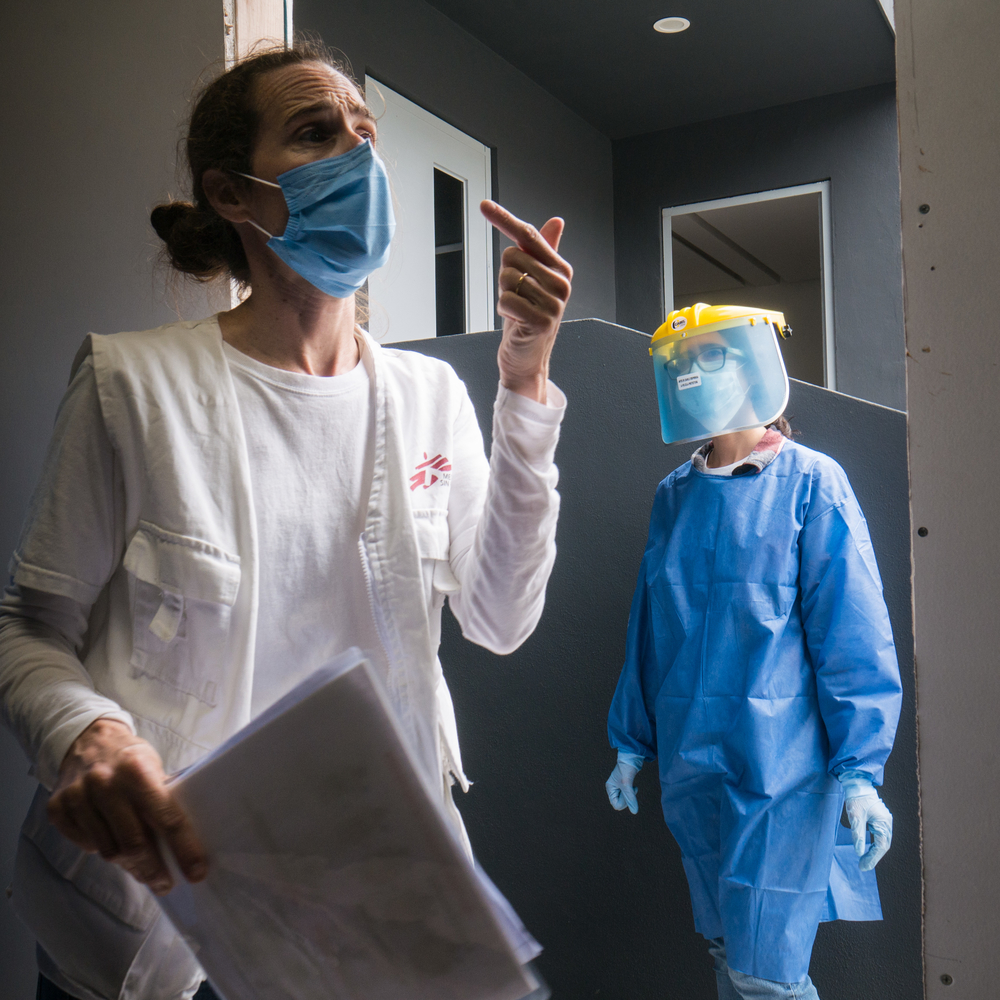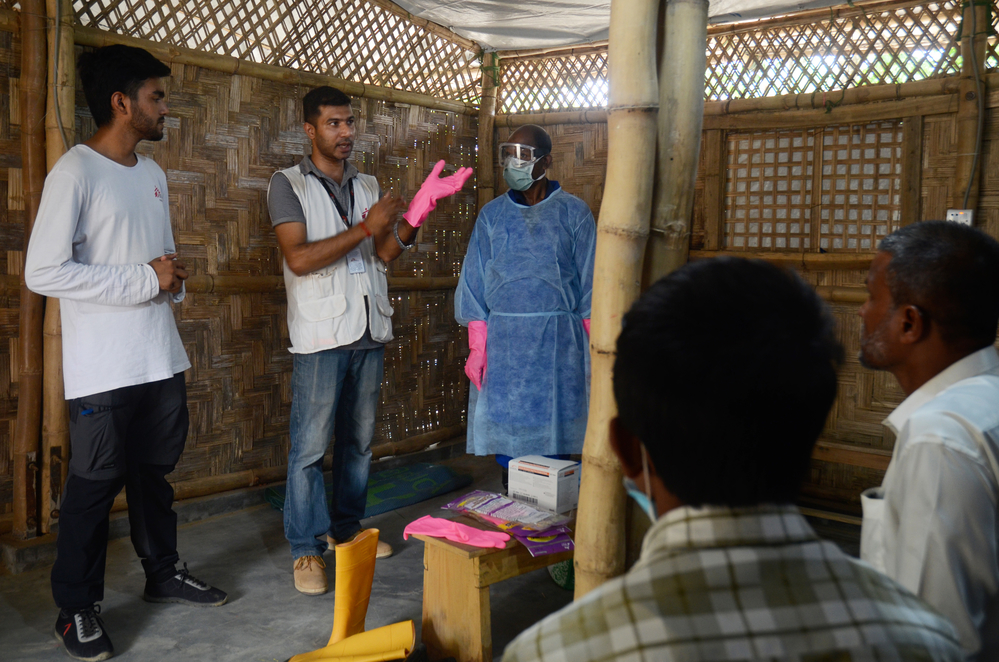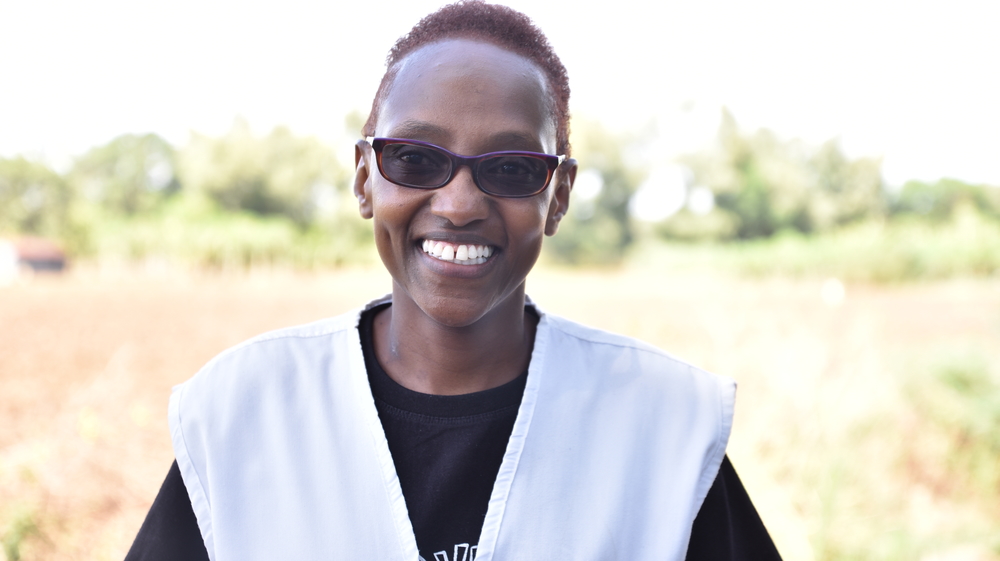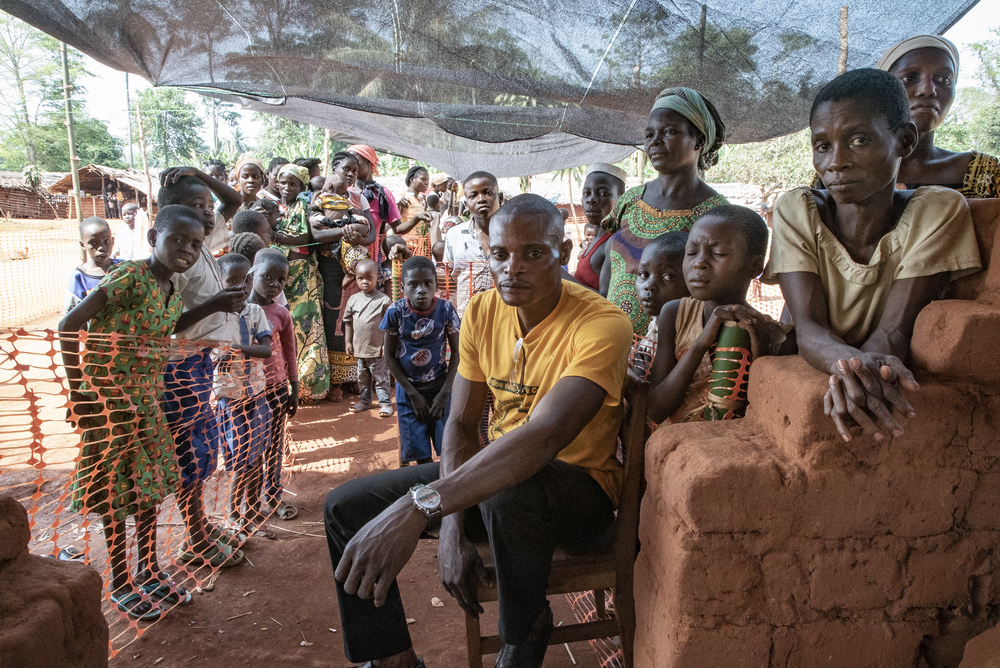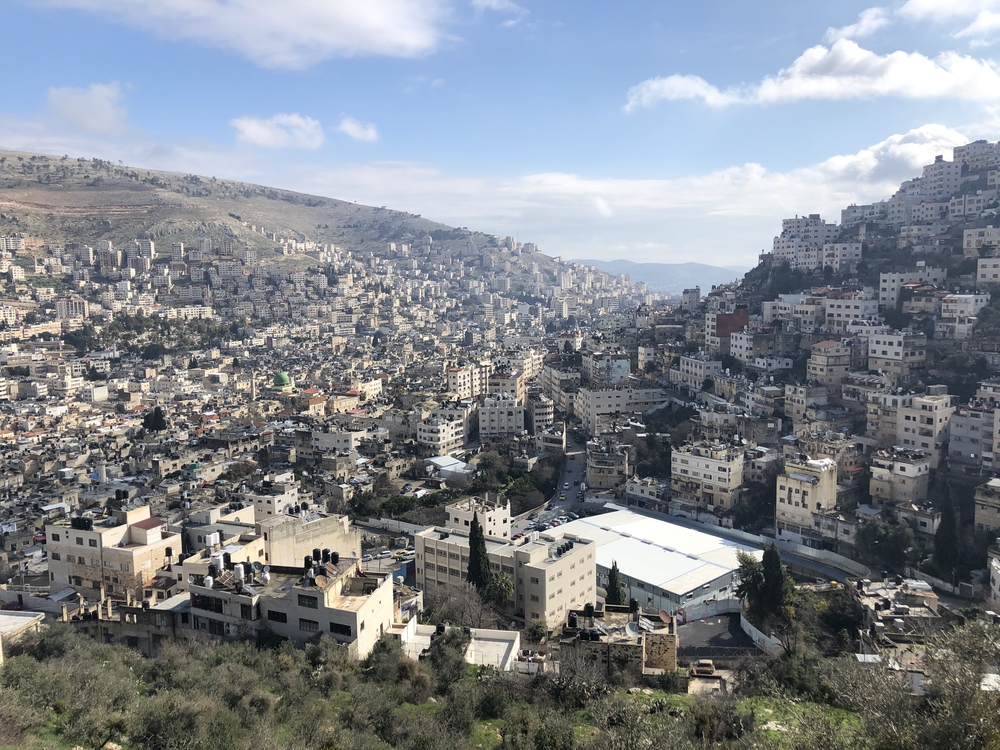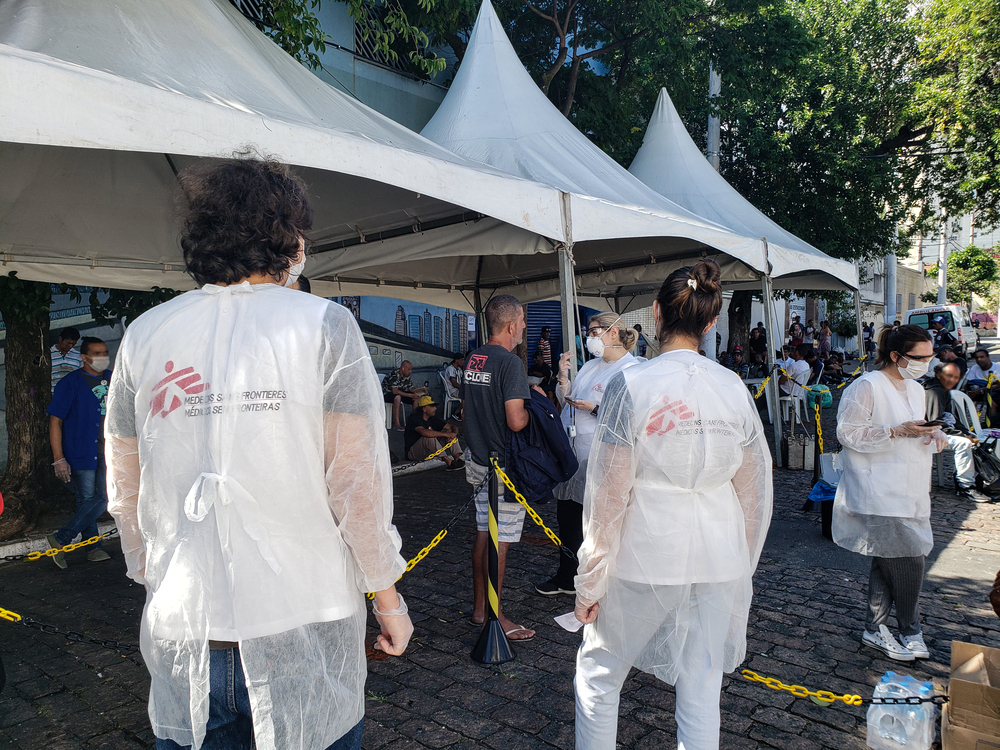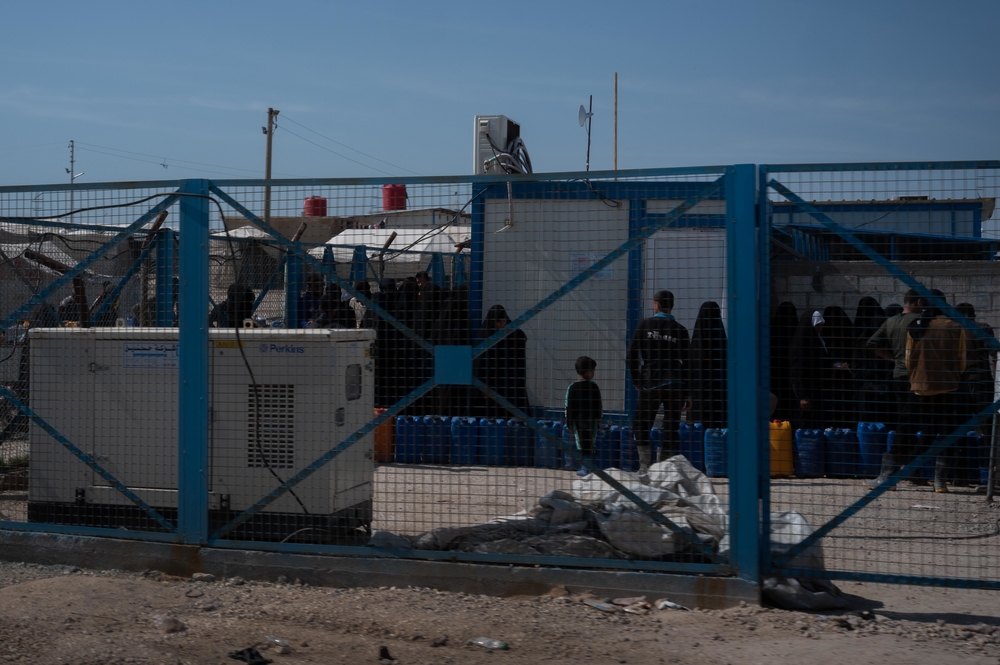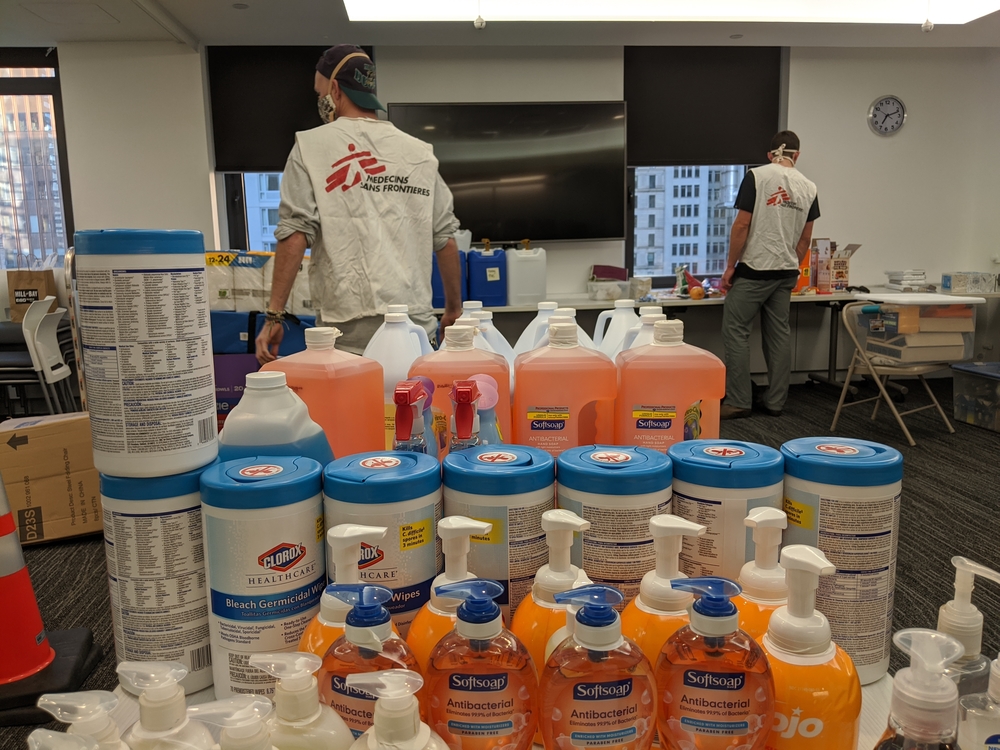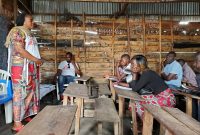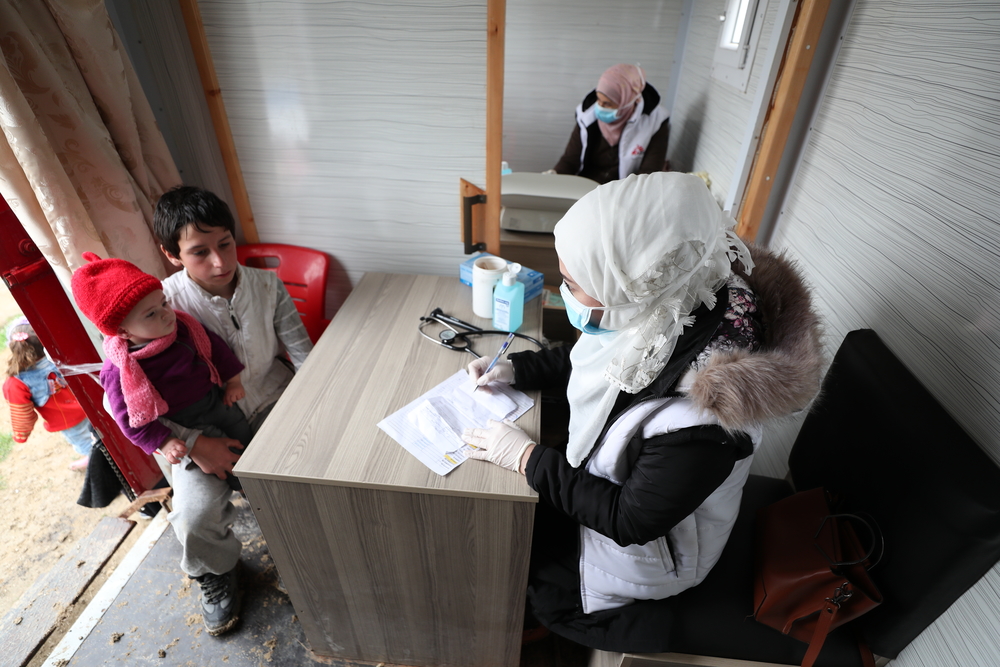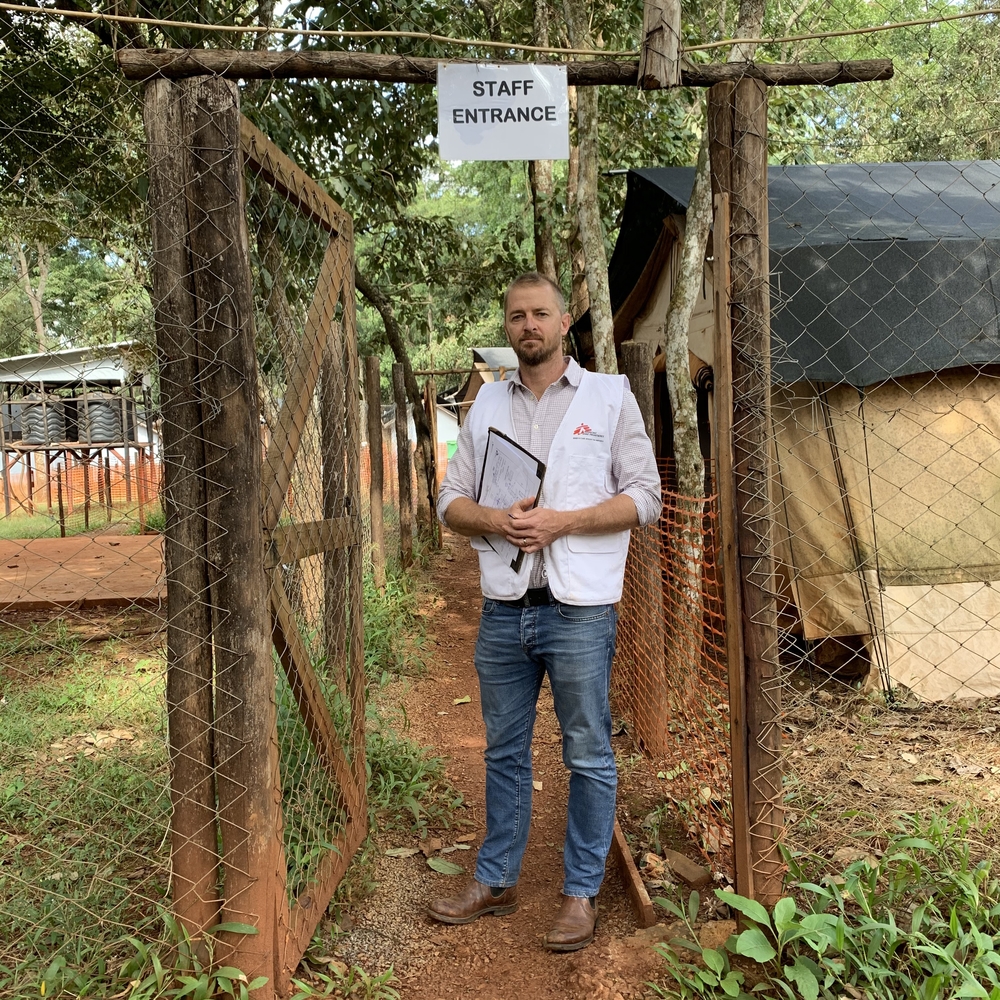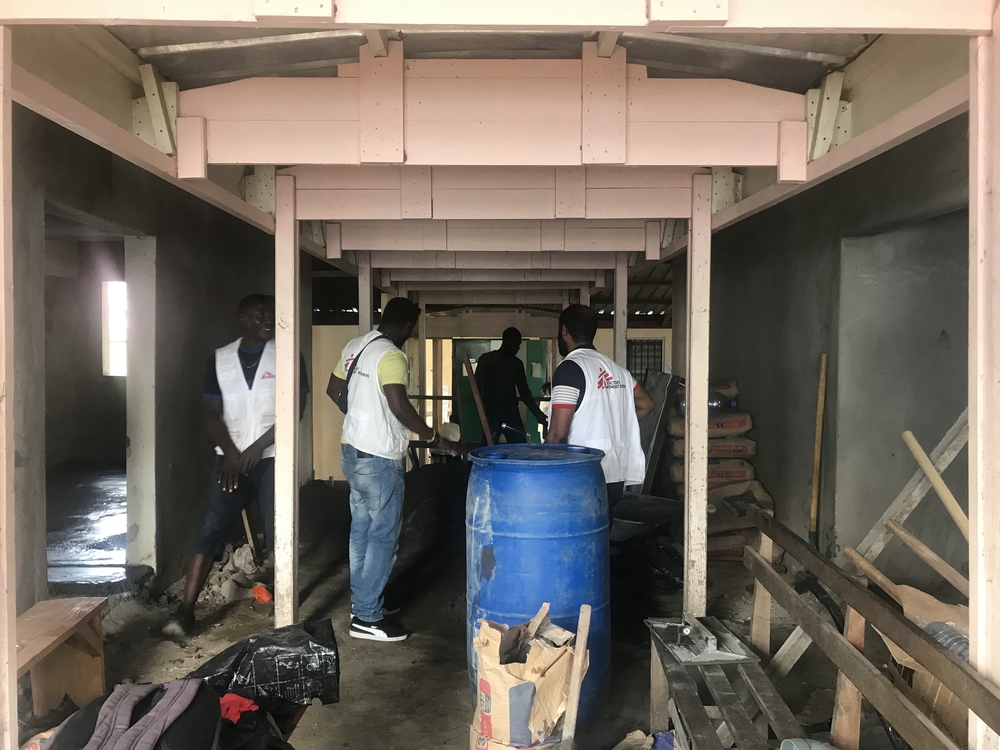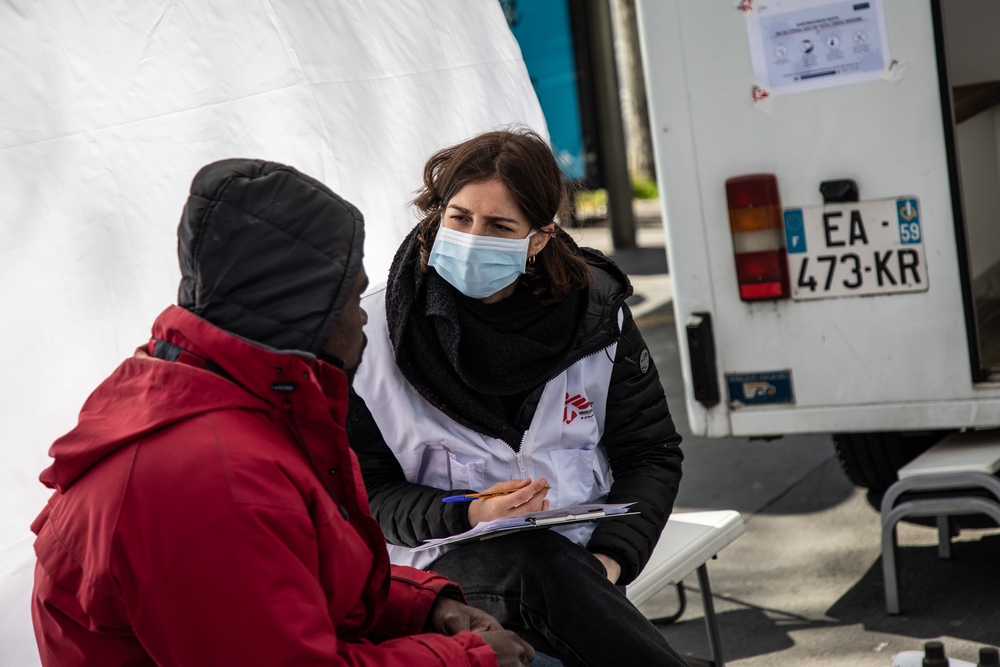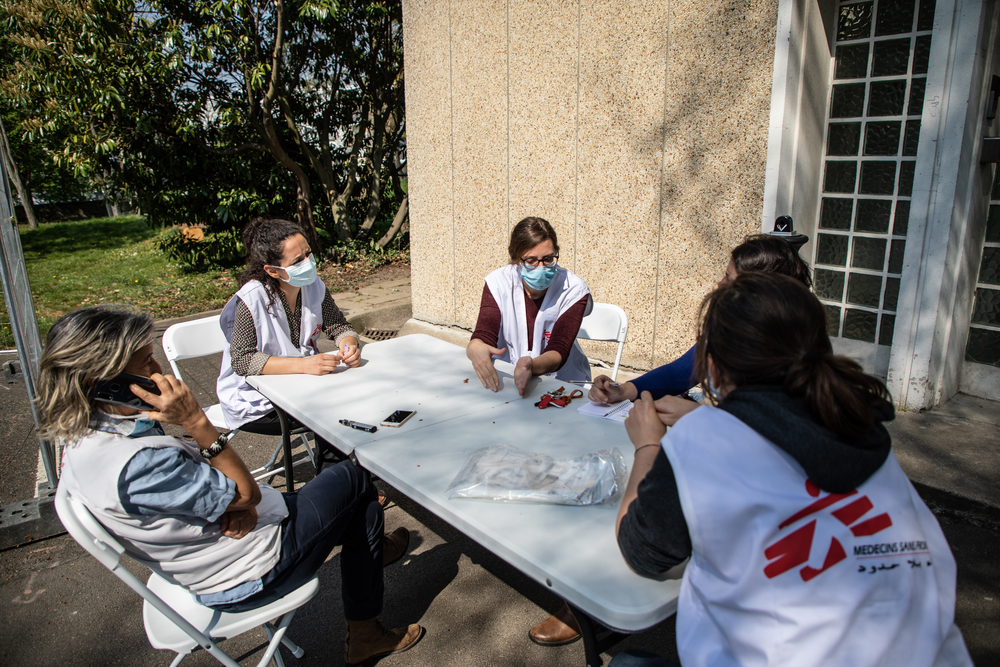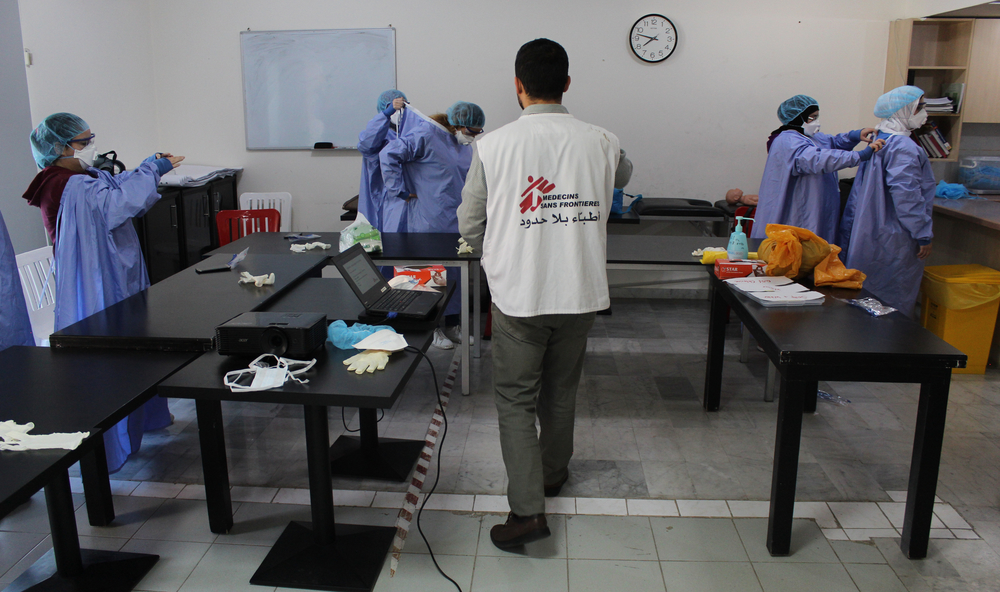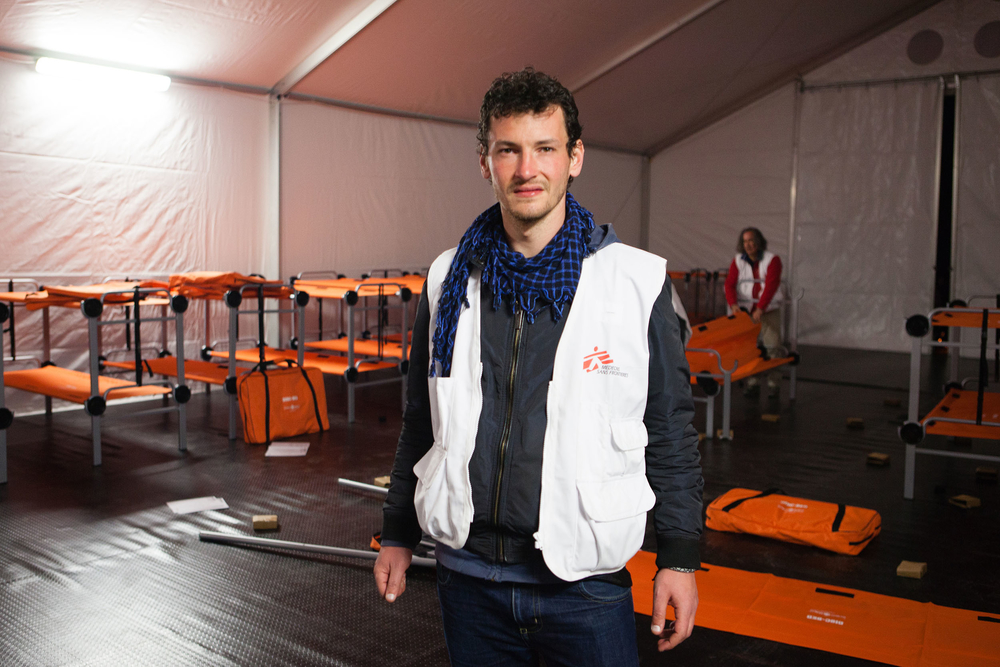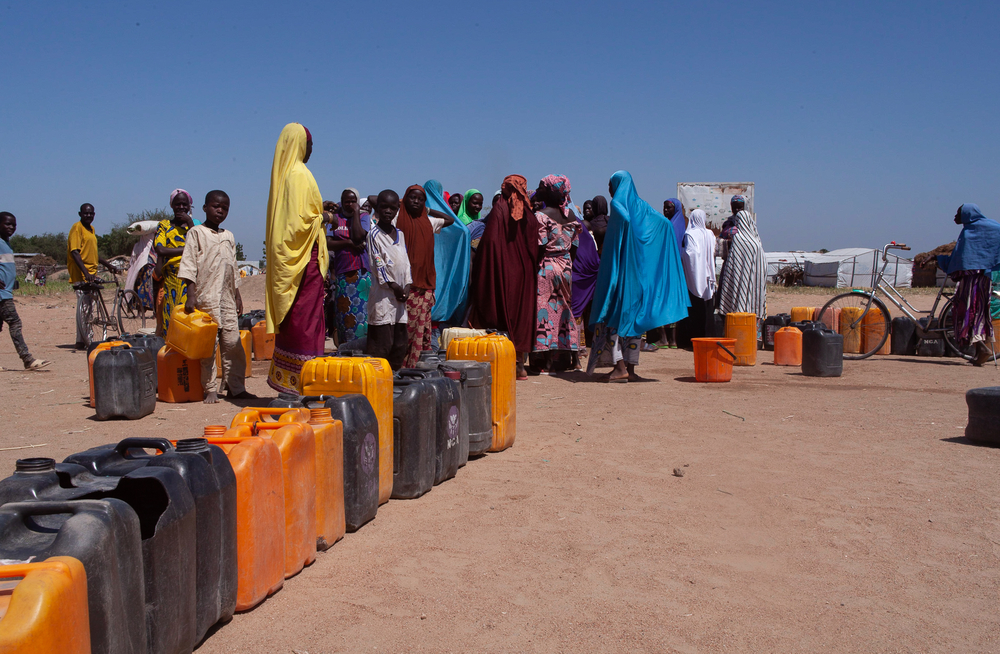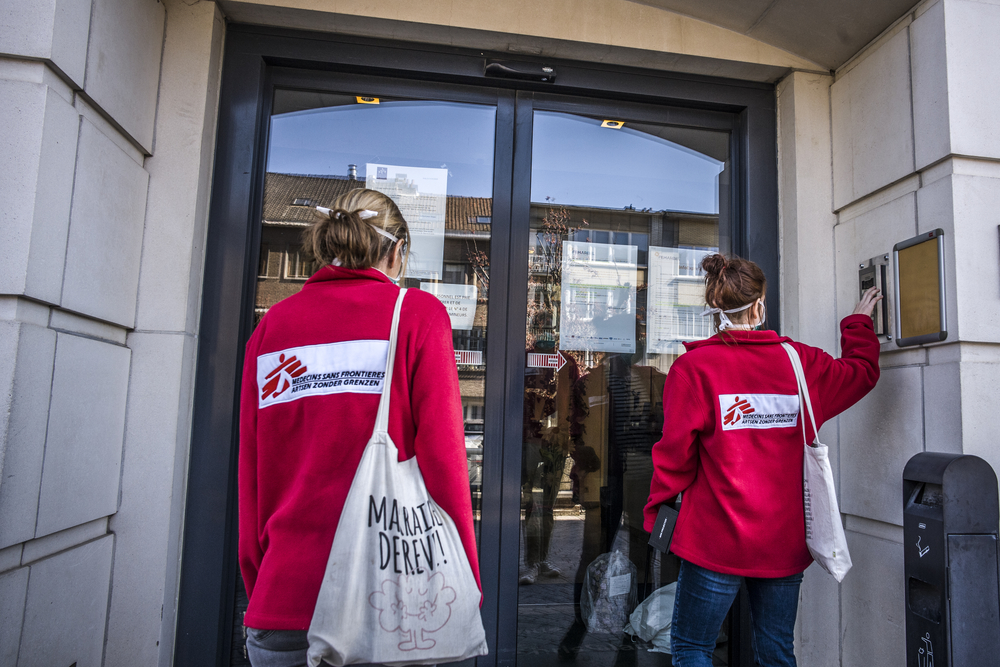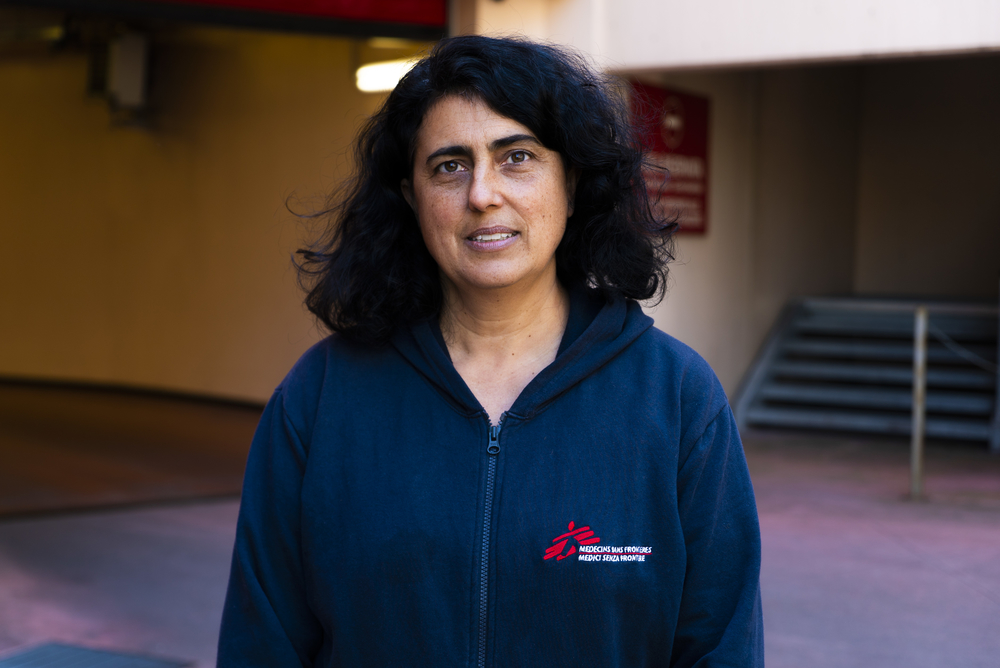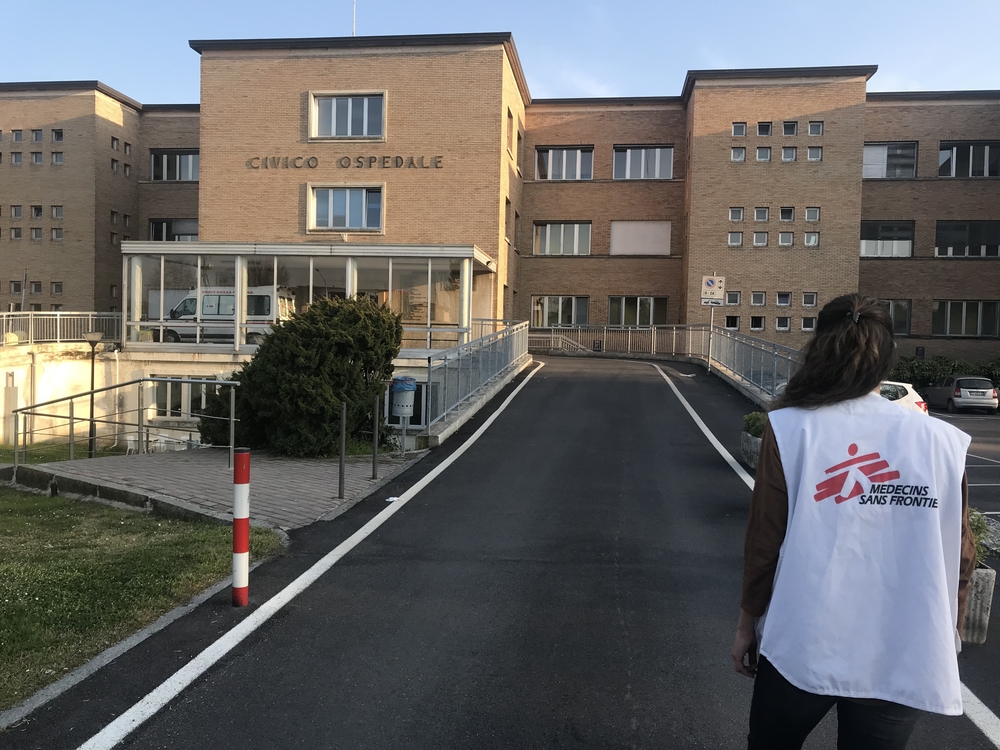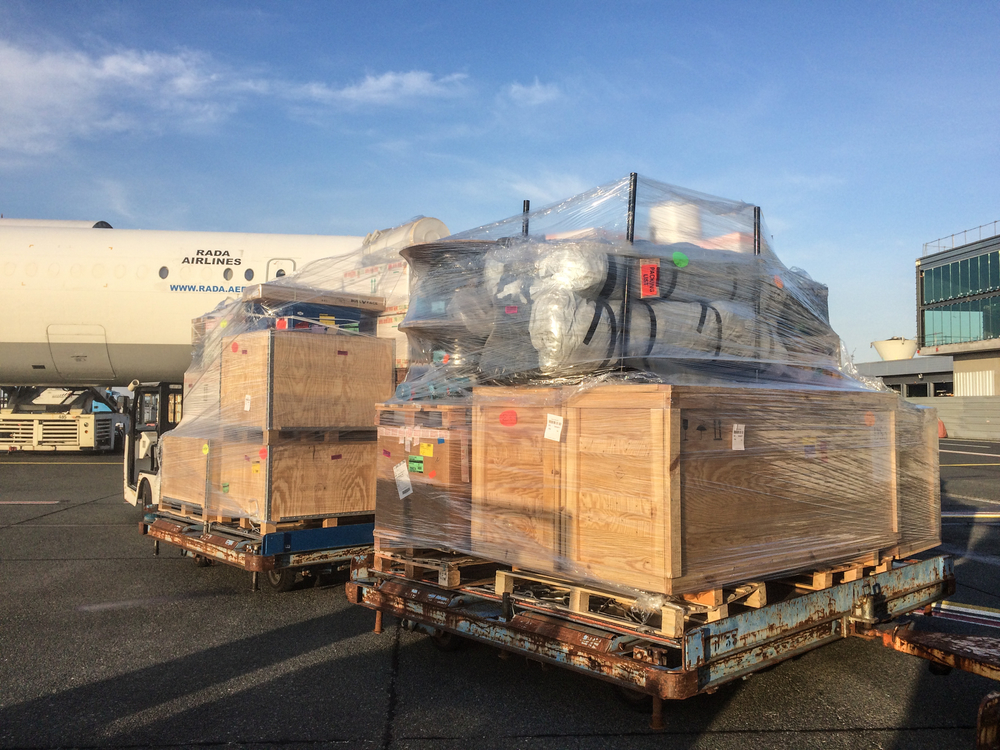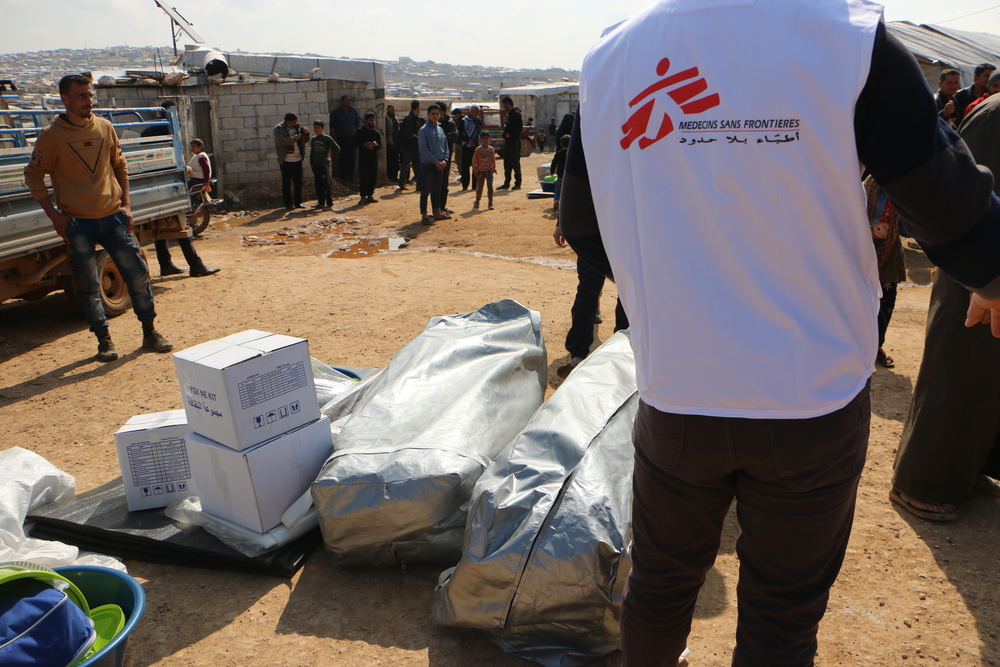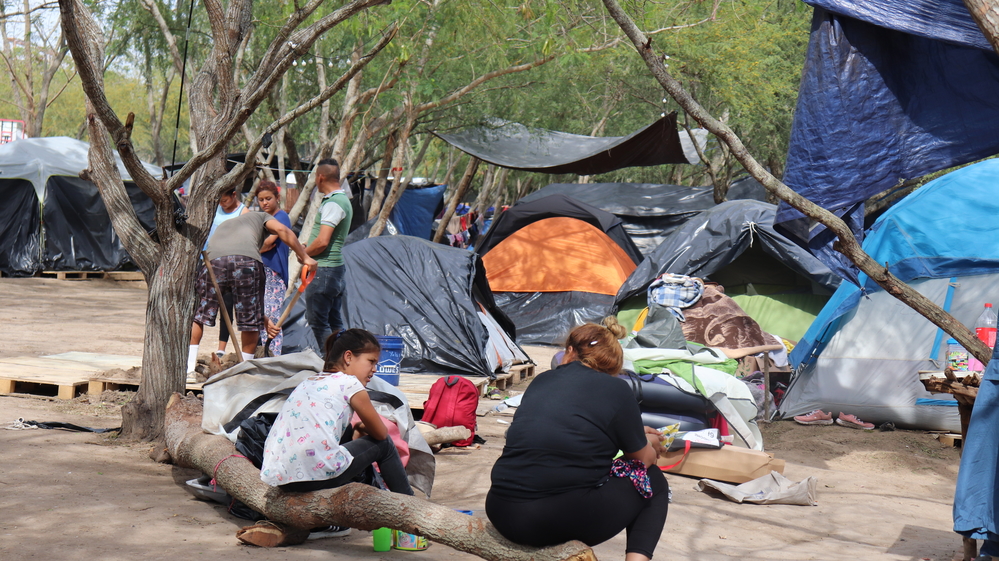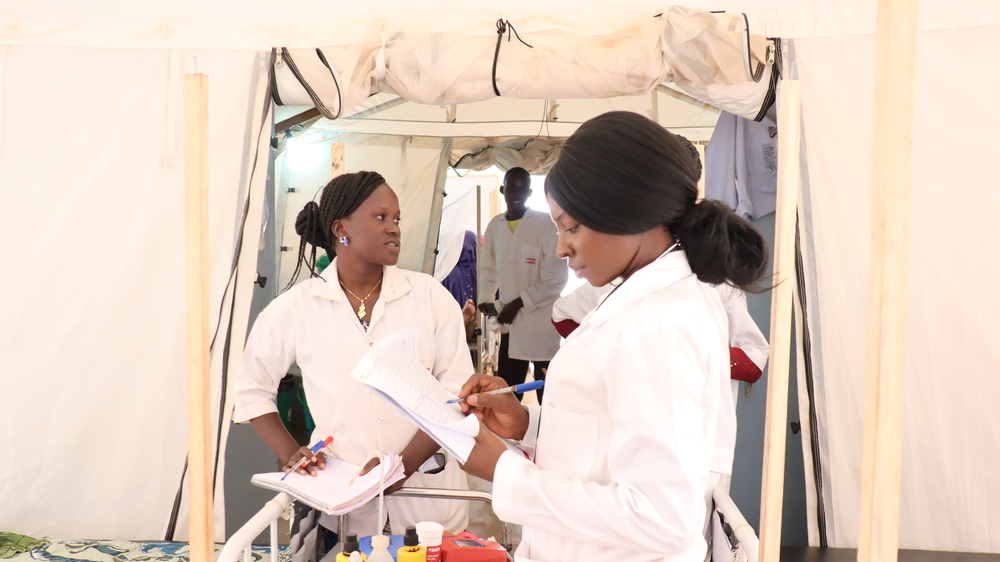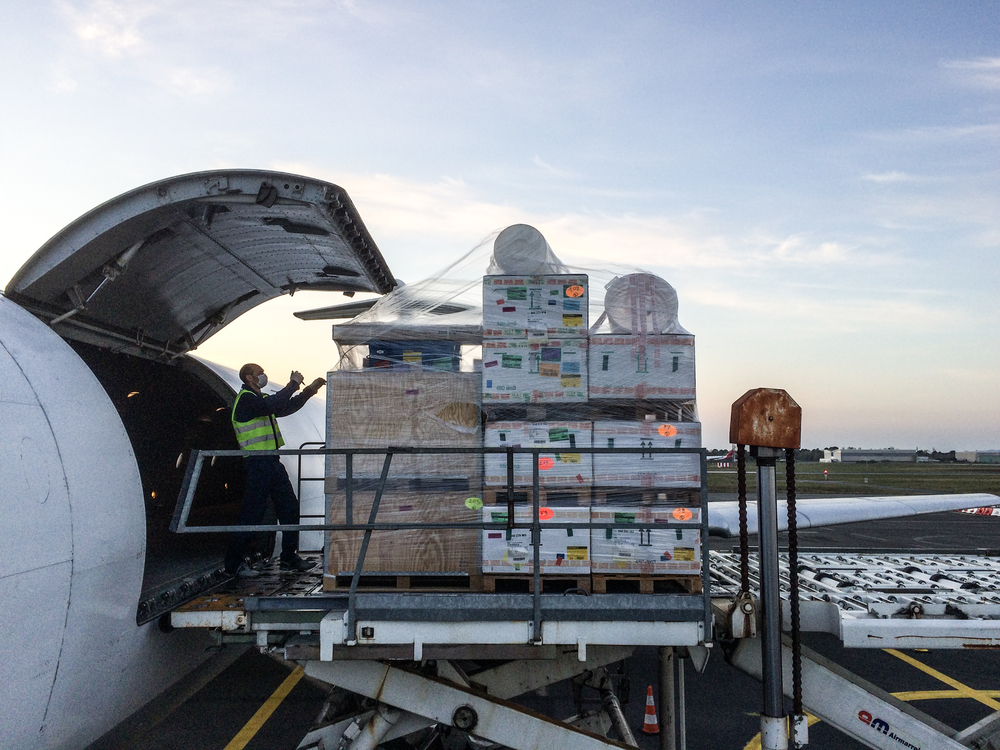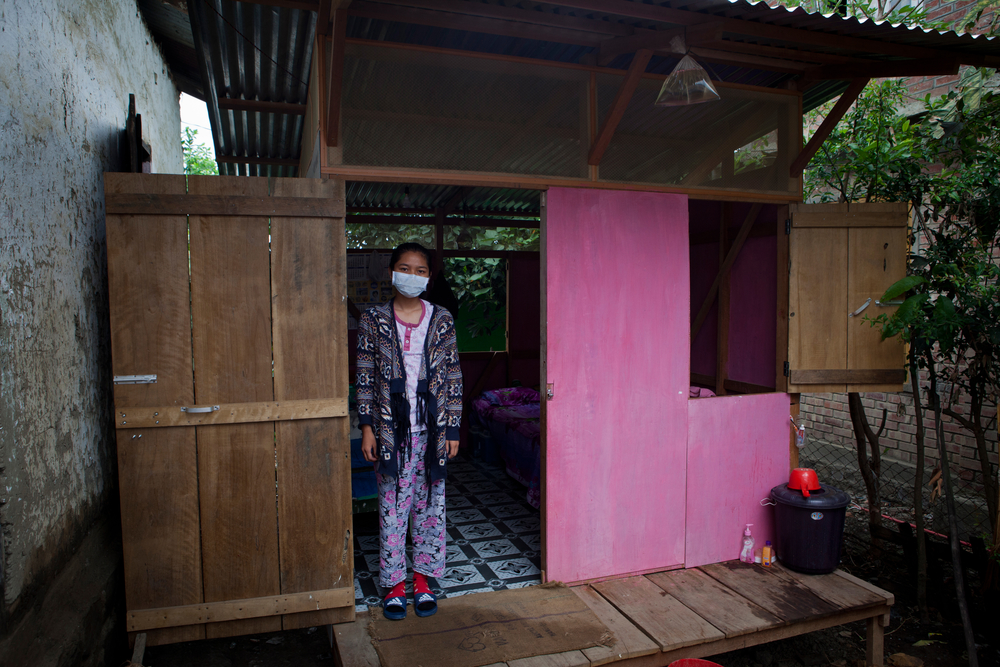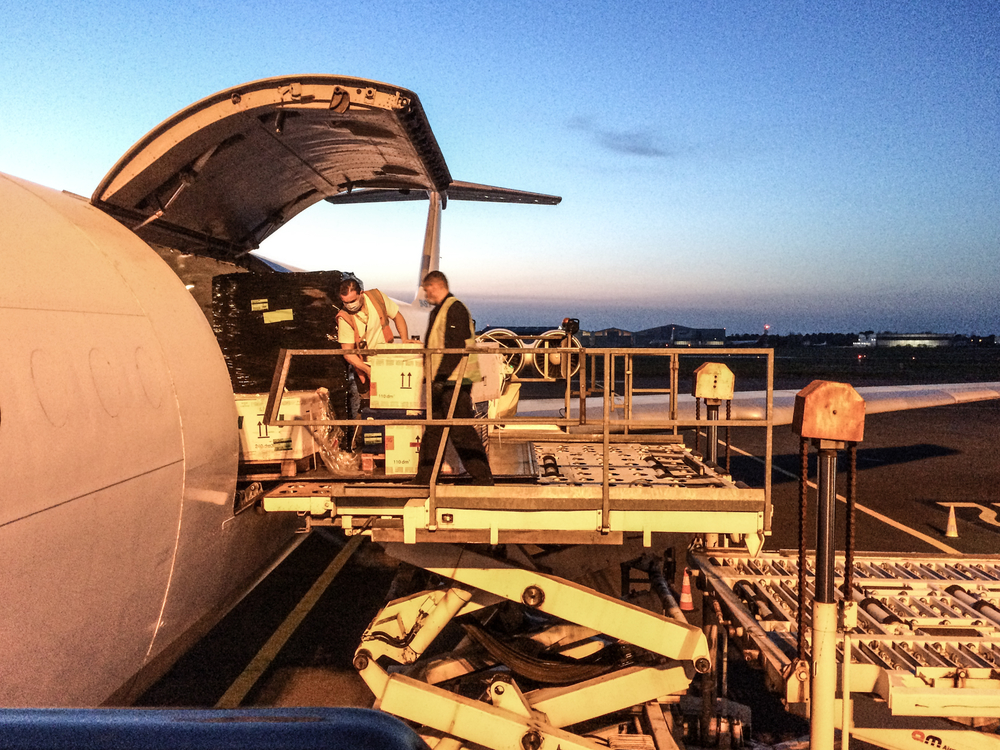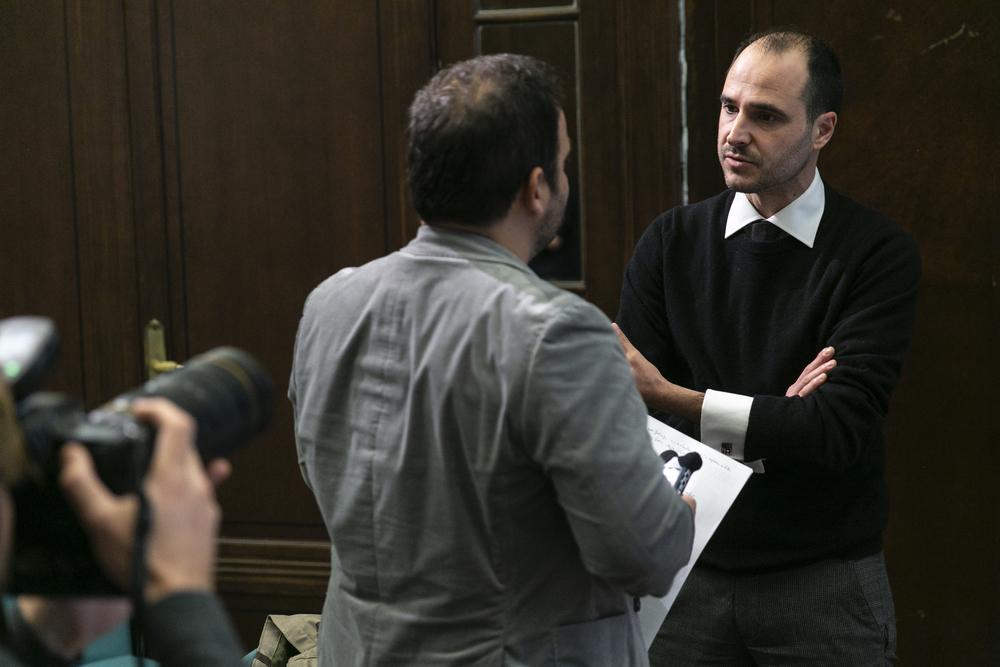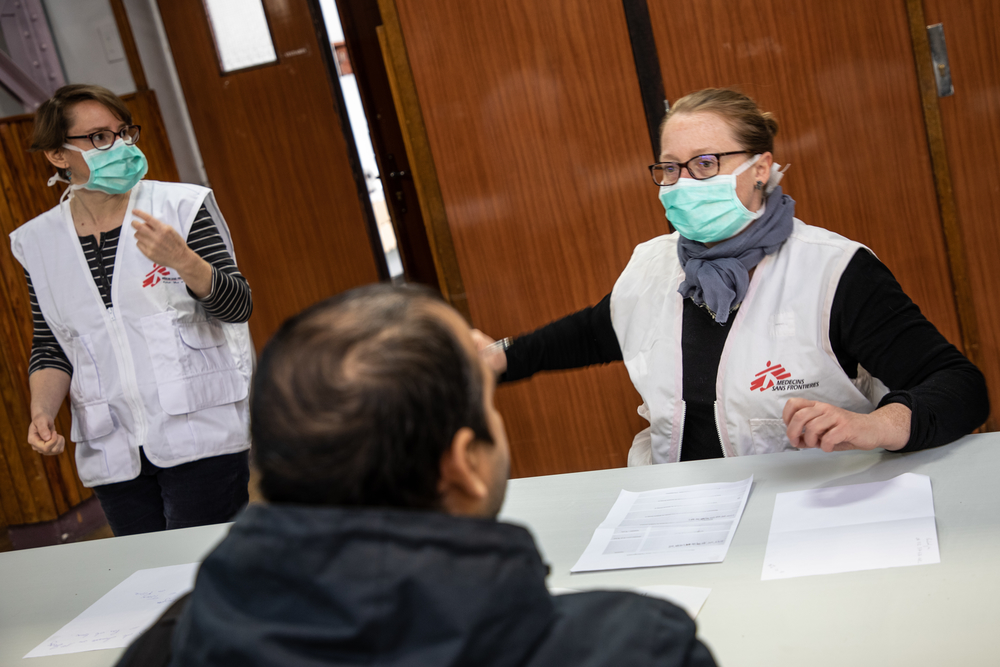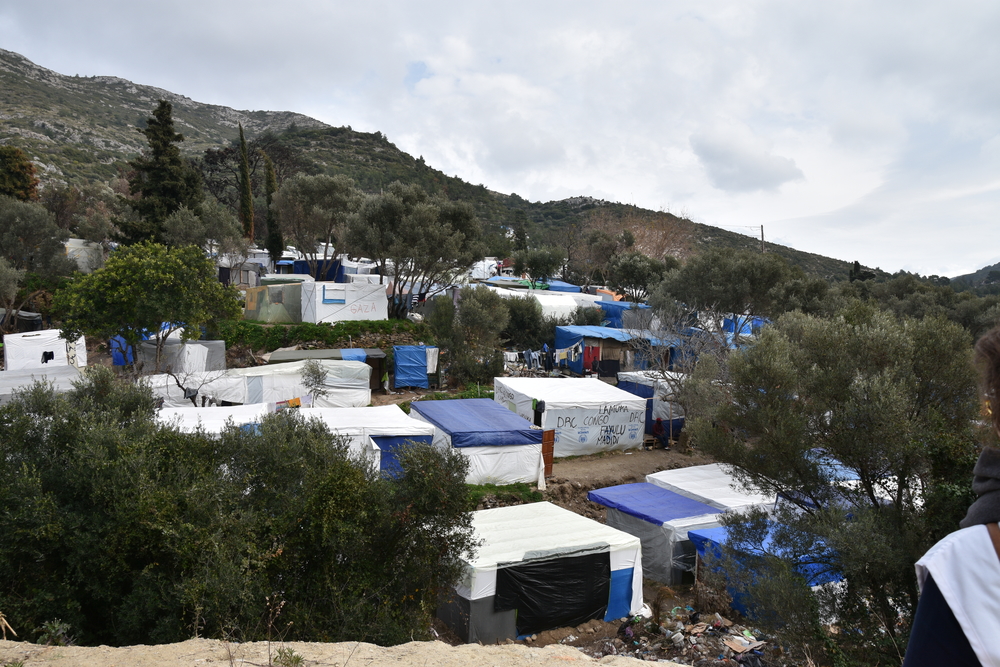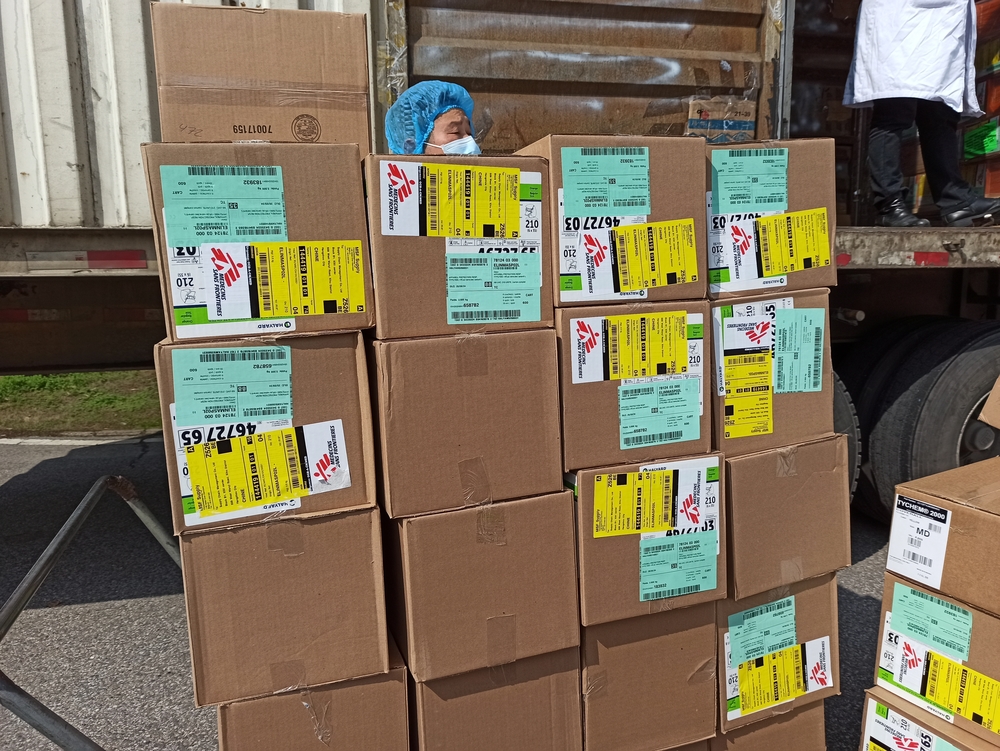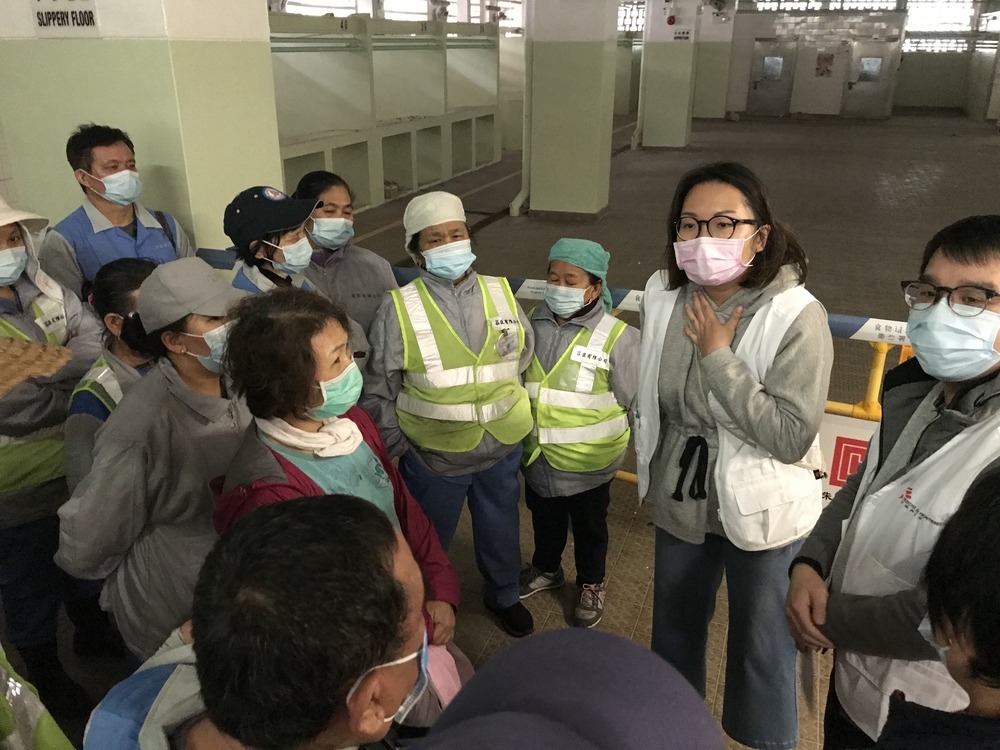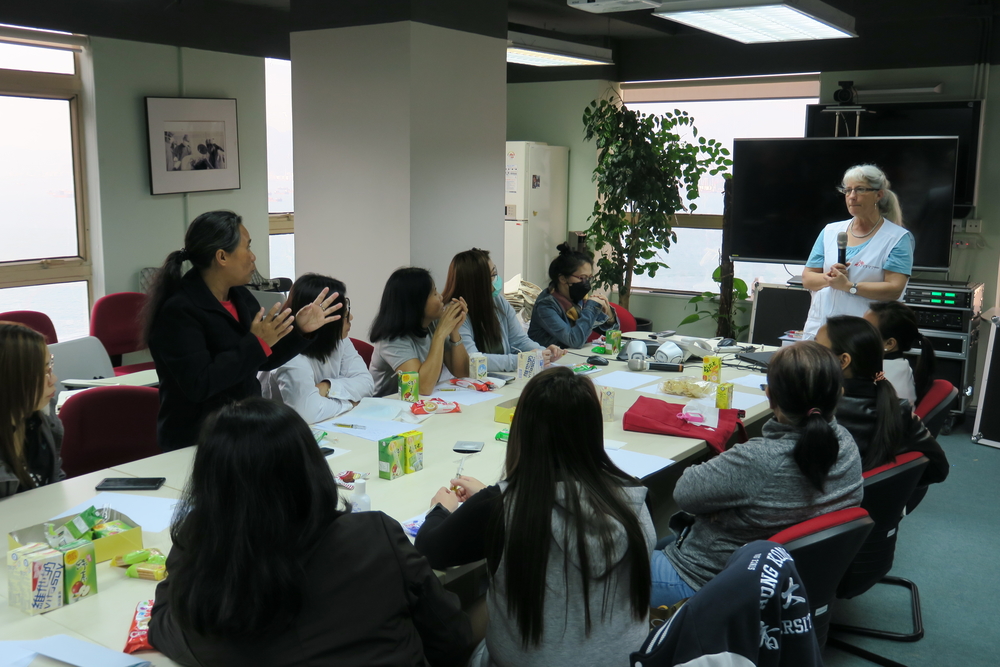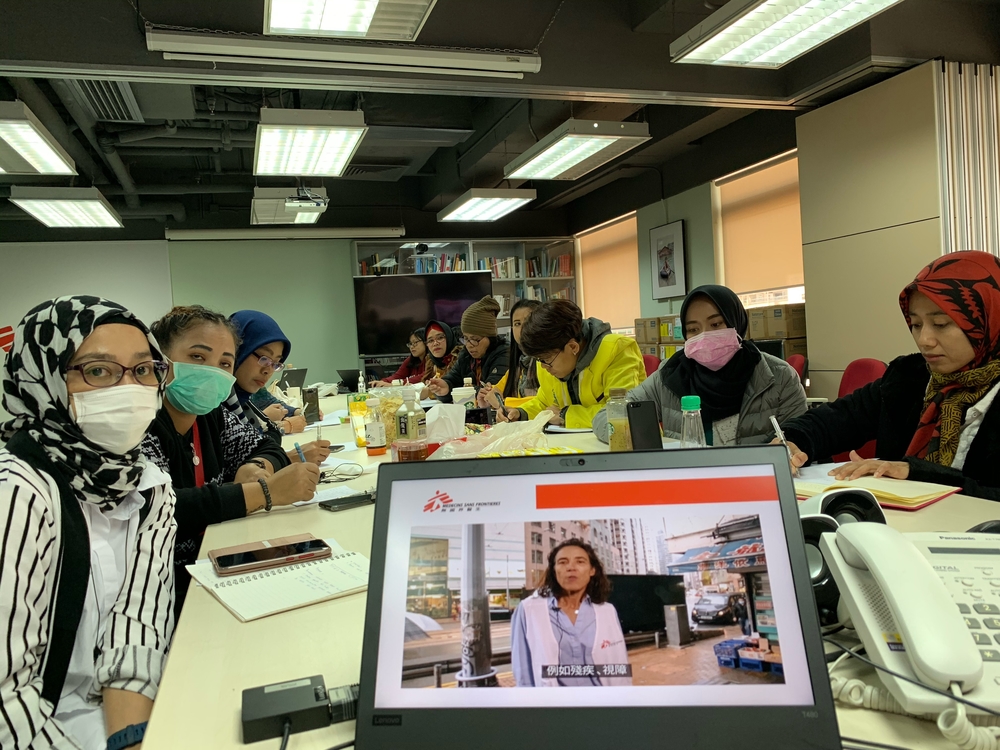COVID-19 Pandemic Response
MSF teams have been working hard to protect staff and patients and prevent further COVID-19 spread
Doctors Without Borders/Médecins Sans Frontières (MSF) teams are responding to the COVID-19 pandemic around the world.
The COVID-19 pandemic is an unprecedented global emergency and MSF teams are responding in more than 70 countries. We see how the rapid spread of the disease has overwhelmed healthcare systems, disrupted economies and altered livelihoods and lifestyles in many parts of the world.
As of January 2021, COVID-19 has killed more than 1.9 million people and there are over 88 million confirmed cases around the world according to the World Health Organization (WHO).
| MSF’s COVID-19 response focuses on three main priorities |
|---|
| • Supporting authorities to provide care for COVID-19 patients. • Protecting people who are vulnerable and at risk of the virus. • Keeping essential medical services running. |
Across our projects, MSF teams have been improving infection, prevention and control (IPC) measures to protect patients and staff and prevent further COVID-19 spread. It is crucial to prevent health facilities from amplifying the pandemic of being forced to close their doors.
MSF’s global response to the COVID-19 pandemic
The magnitude of the global pandemic reflects the extensive need for our teams’ medical care and disease preventon expertise. MSF implemented COVID-19 support in various ongoing projects around the world including in Latin American countries, in Yemen and in Syria.
Additionally, MSF responded in non-traditional settings such as Italy, France and the United States.
What is MSF doing?
Protecting vulnerable people
A majority of MSF’s work supports refugees, internally displaced people and people on the move. We’re concerned how people living in precarious environments will be affected by the pandemic. People living in overcrowded conditions, on the streets, in makeshift camps or substandard housing are often at increased risk of COVID-19.
In refugee camps, many are already in vulnerable health conditions and are excluded from formal healthcare systems. We know measures such as physical distancing and washing hands can be difficult if even possible.
Maintaining healthcare
During the pandemic, babies will still be born and people will still require treatments for diseases like HIV. Maintaining access to healthcare for non-COVID-19 needs is essential. In other projects around the world, our teams are ensuring IPC measures are in place, setting up screening at triage zones, creating isolation areas and providing health education to locally-hired staff and to communities.
Protecting healthcare workers
Protecting healthcare workers from contracting the virus is paramount for ensuring the continuity of care for general as well as COVID-related health needs. However, the global shortages of personal protective equipment (PPE) pose a great threat. Healthcare workers must have access to the equipment they need to do their jobs safely and effectively. In 2020, MSF called for PPE to be distributed equitably and transparently.
MSF’s response to COVID-19 in Canada
COVID-19 is an unprecedented threat to global health systems including in countries that traditionally have high-functioning health systems.
In March 2020, MSF Canada’s Board of Directors took the exceptional decision to launch an operational response targeting communities in Canada most vulnerable to the spread of COVID-19 and its impacts. These groups included people experiencing homelessness, people living in remote and Indigenous communities, people living in long-term care facilities and healthcare and front-line workers.
The justification for an MSF intervention was based on an analysis of needs, response gap and MSF’s unique added value as well as feasibility. In keeping with MSF’s social mission, any undertaking in Canada was designed to prevent the furthering of global, institutional or social inequalities.
Our role was largely advisory, sharing information based on our experiences working in epidemic settings such as cholera and Ebola, with operations concluding in July 2020.
MSF’s advocacy: Calls to action
There should be no profiteering on existing or emerging COVID-19 drugs, tests, vaccines or other tools used for this pandemic. Medical innovations and technologies created with public money should be accessible and affordable for public health needs.
In October 2020, MSF Canada delivered a petition with more than 91,000 signatures to Canada’s Minister of Health. We called on the Canadian government to take immediate steps to ensure fair, affordable and equitable access to health technologies developed with Canadian public funds, including any innovations developed in response to the COVID-19 pandemic.
